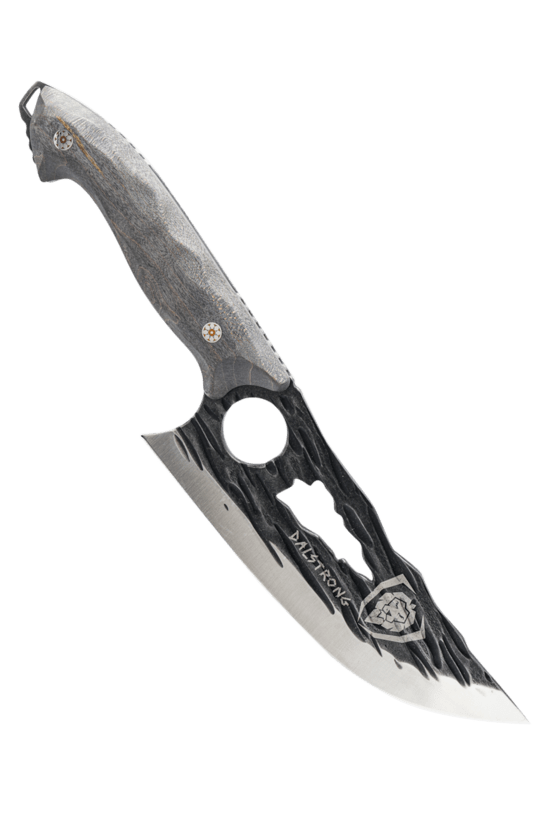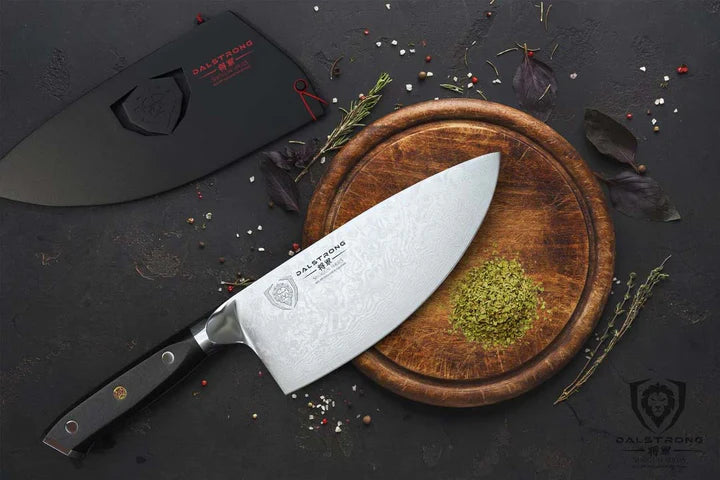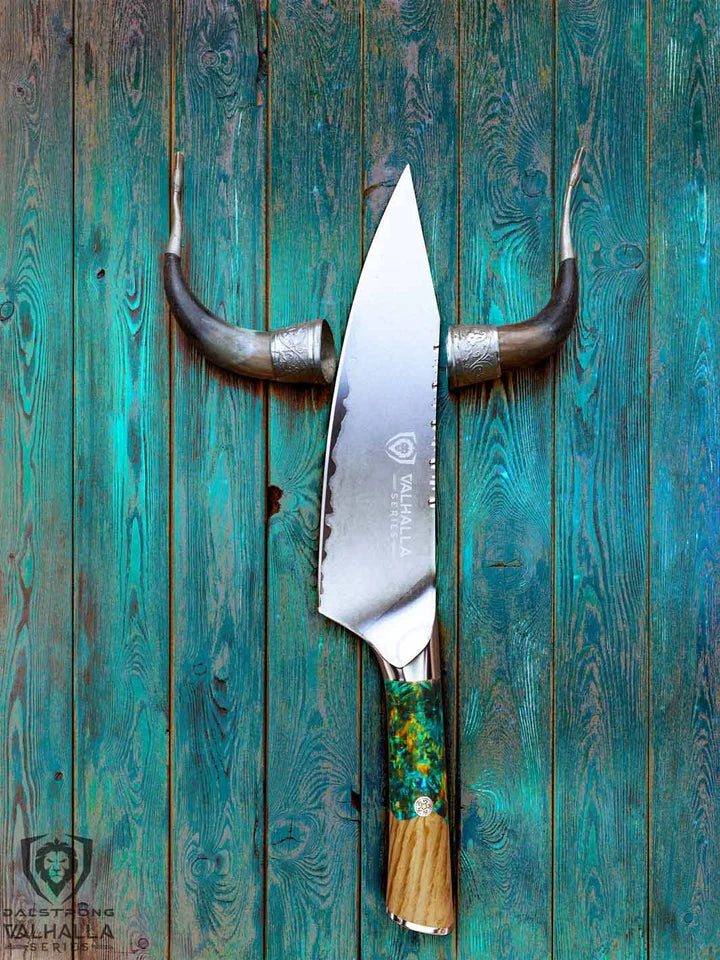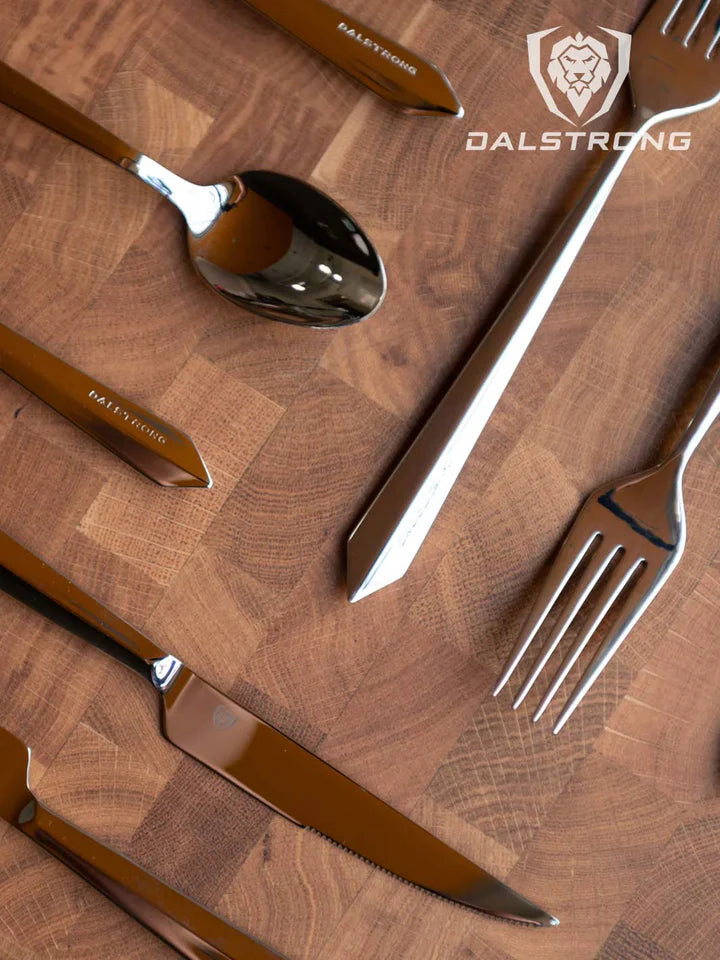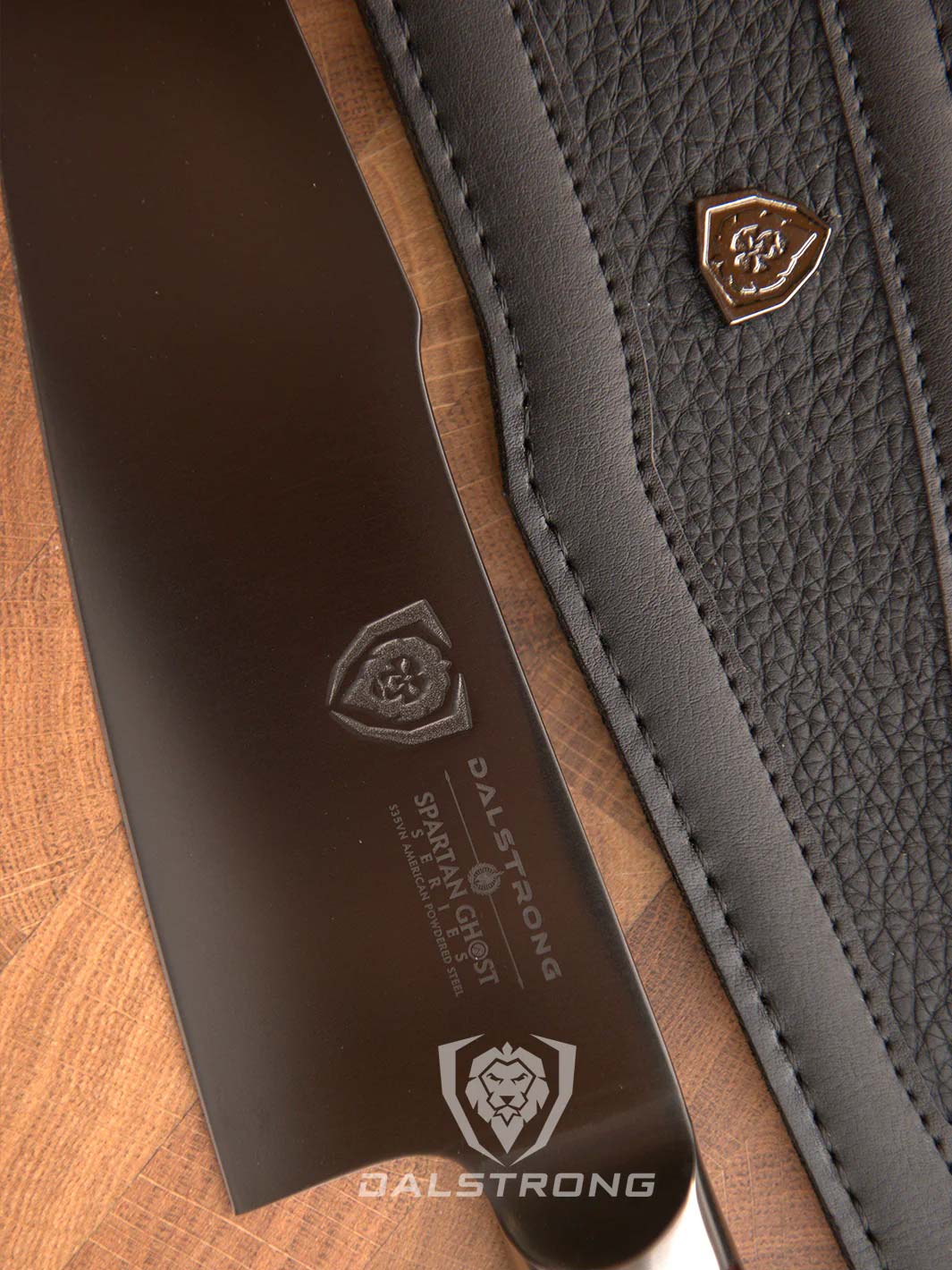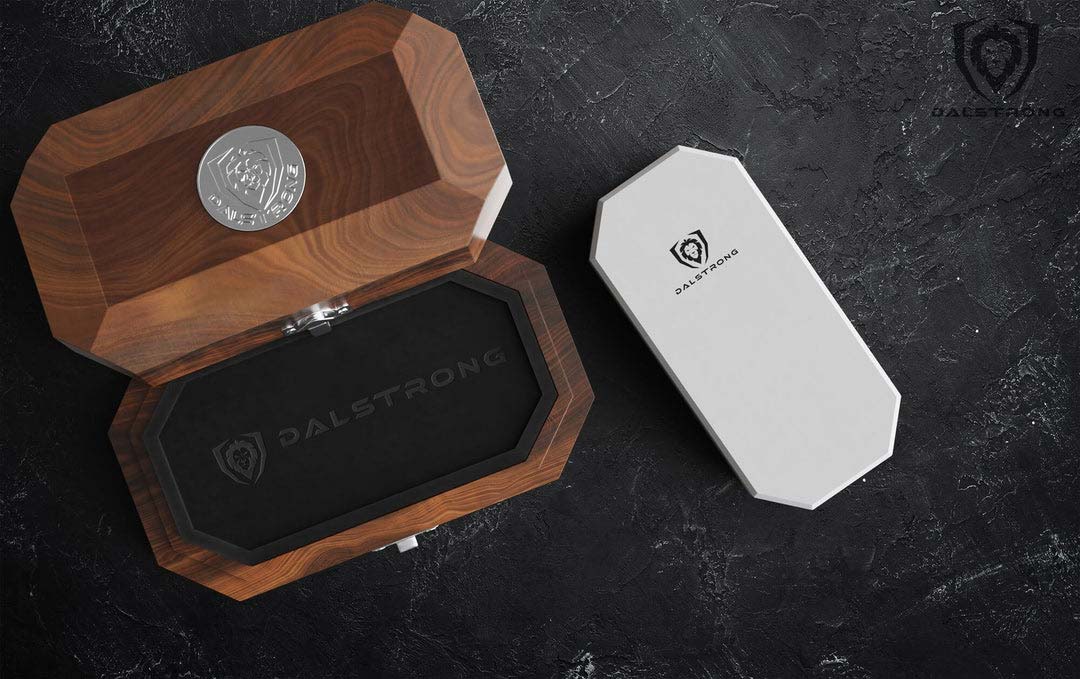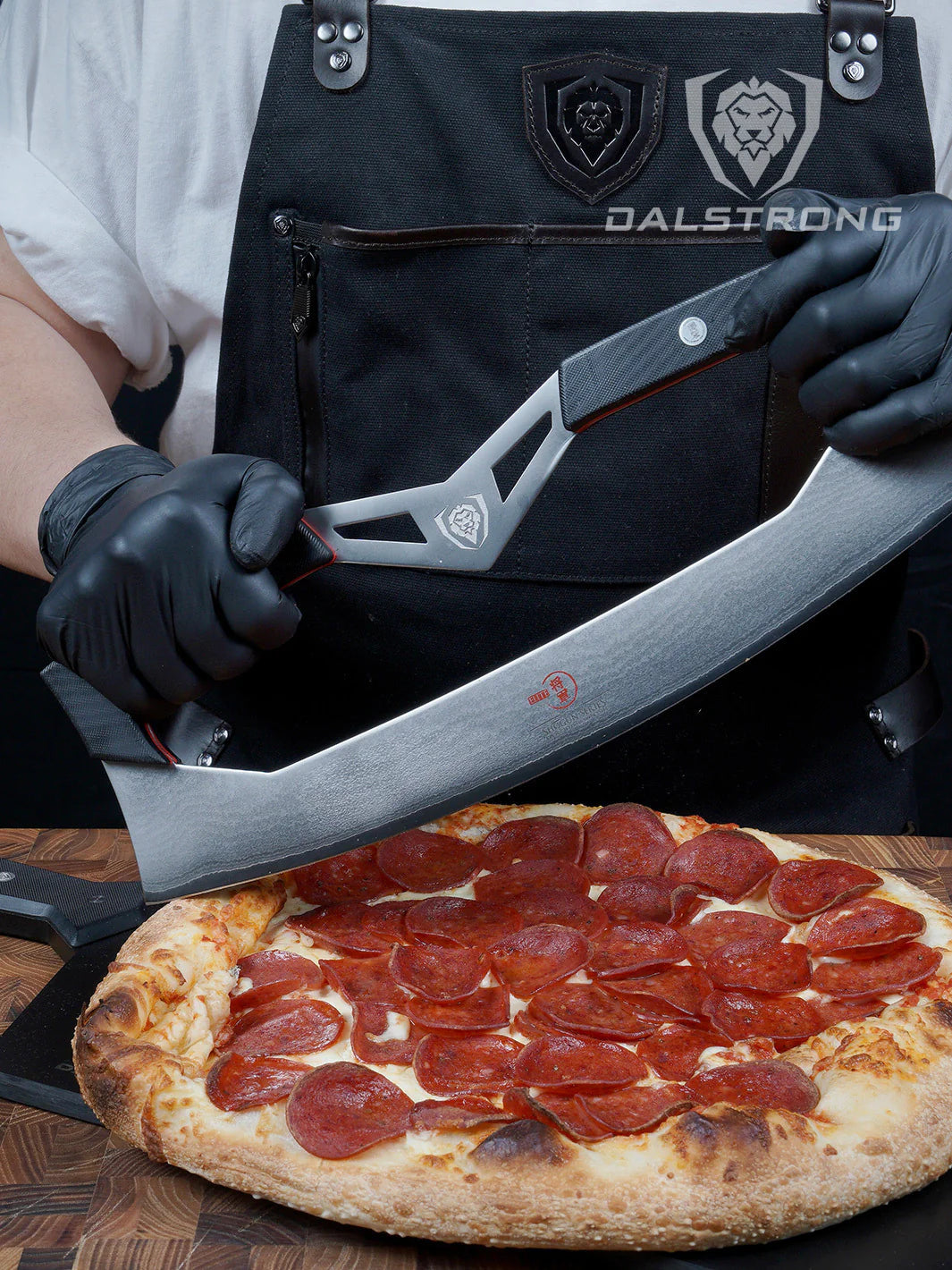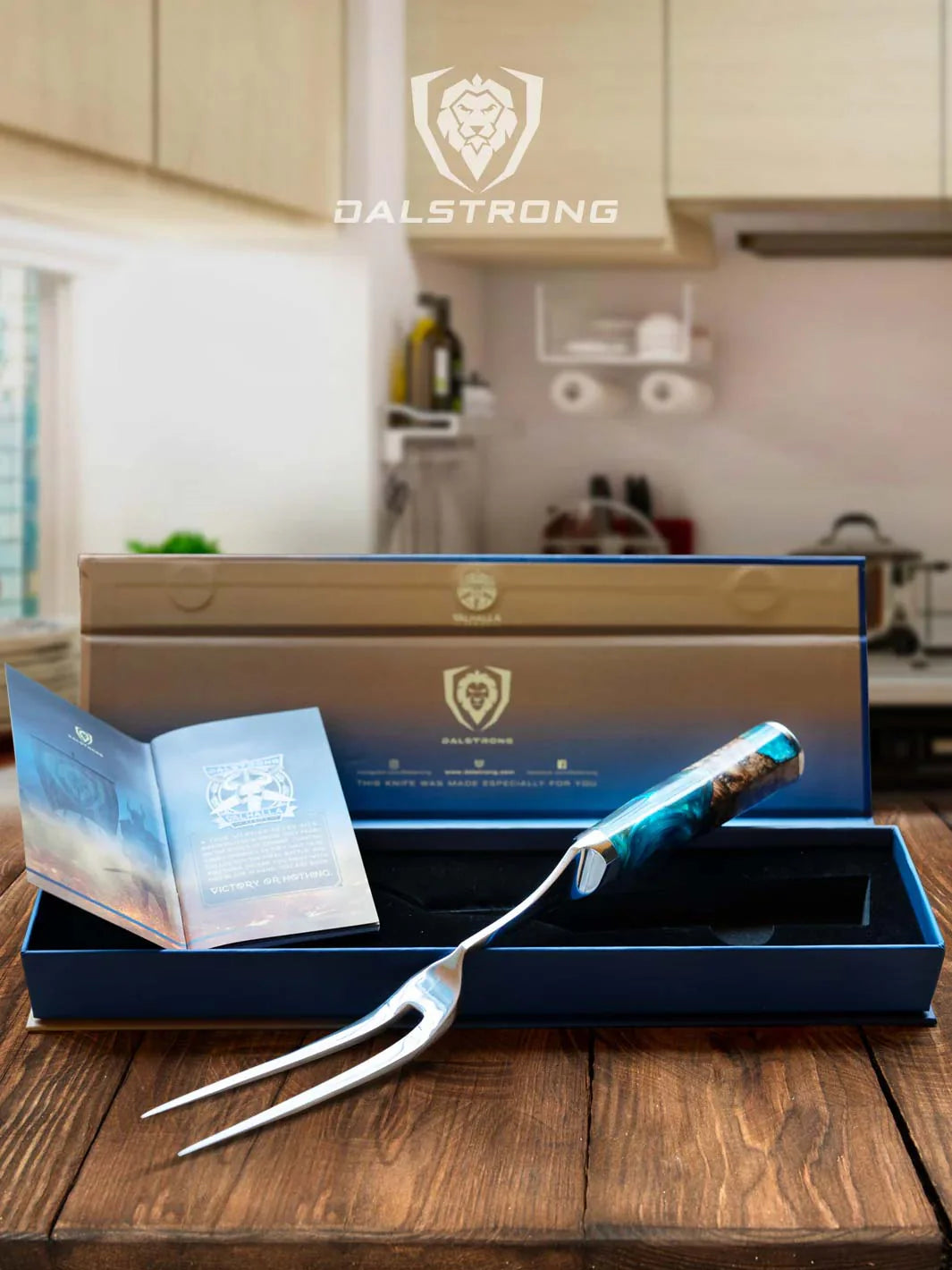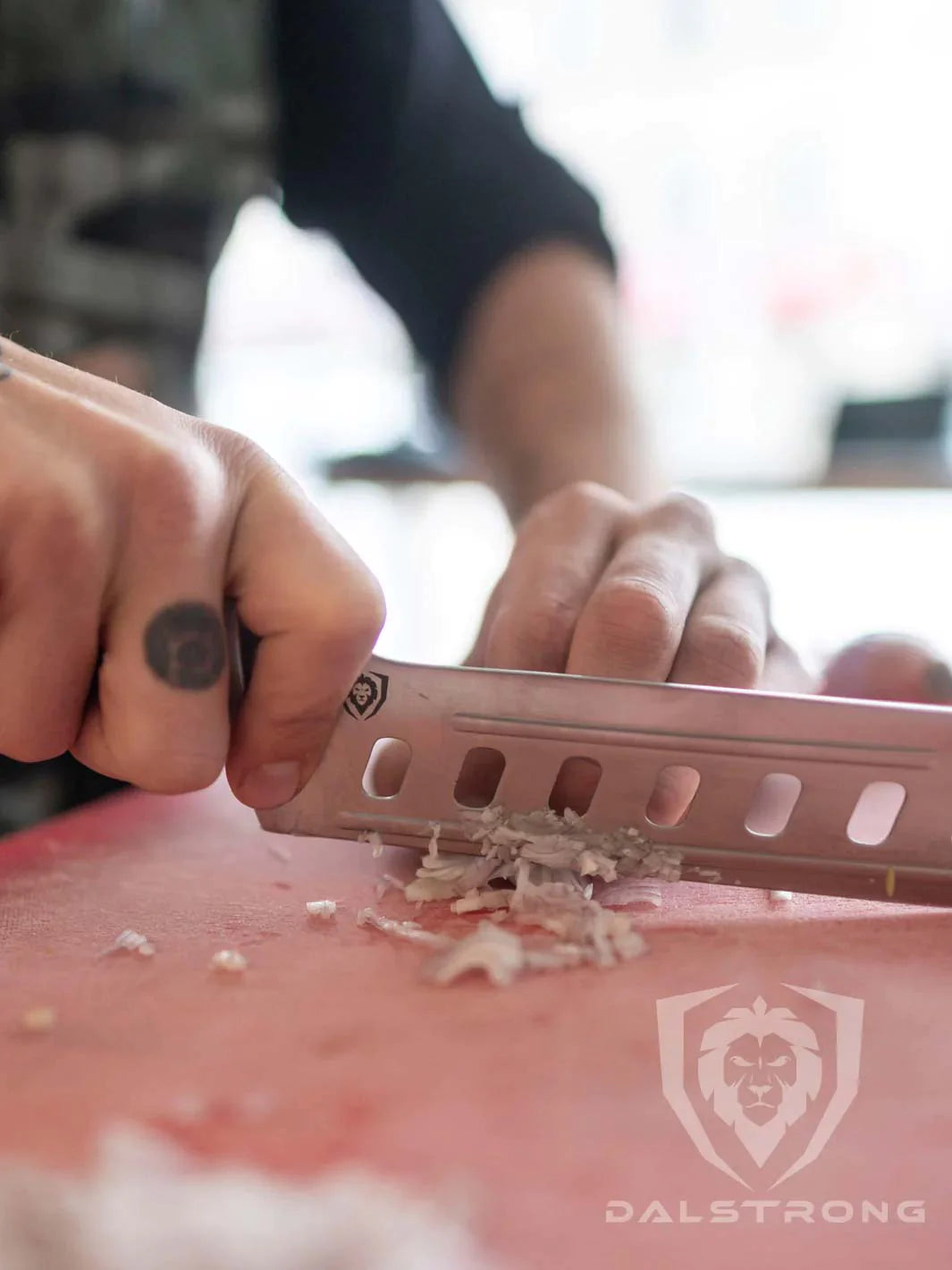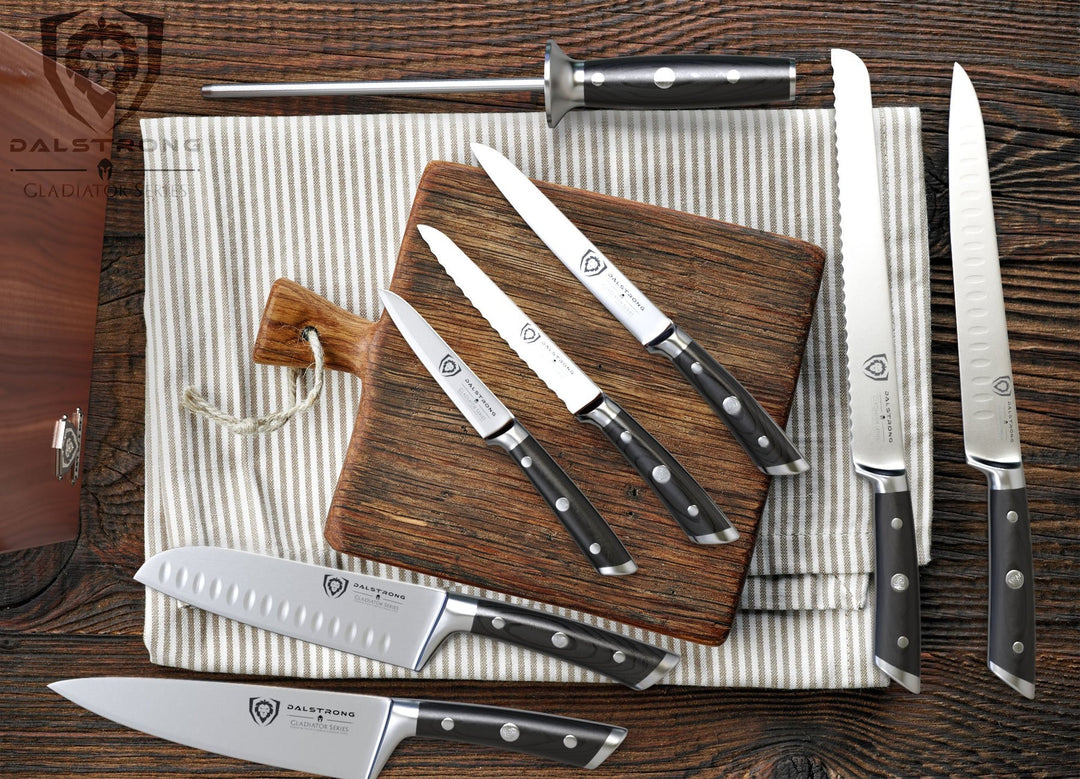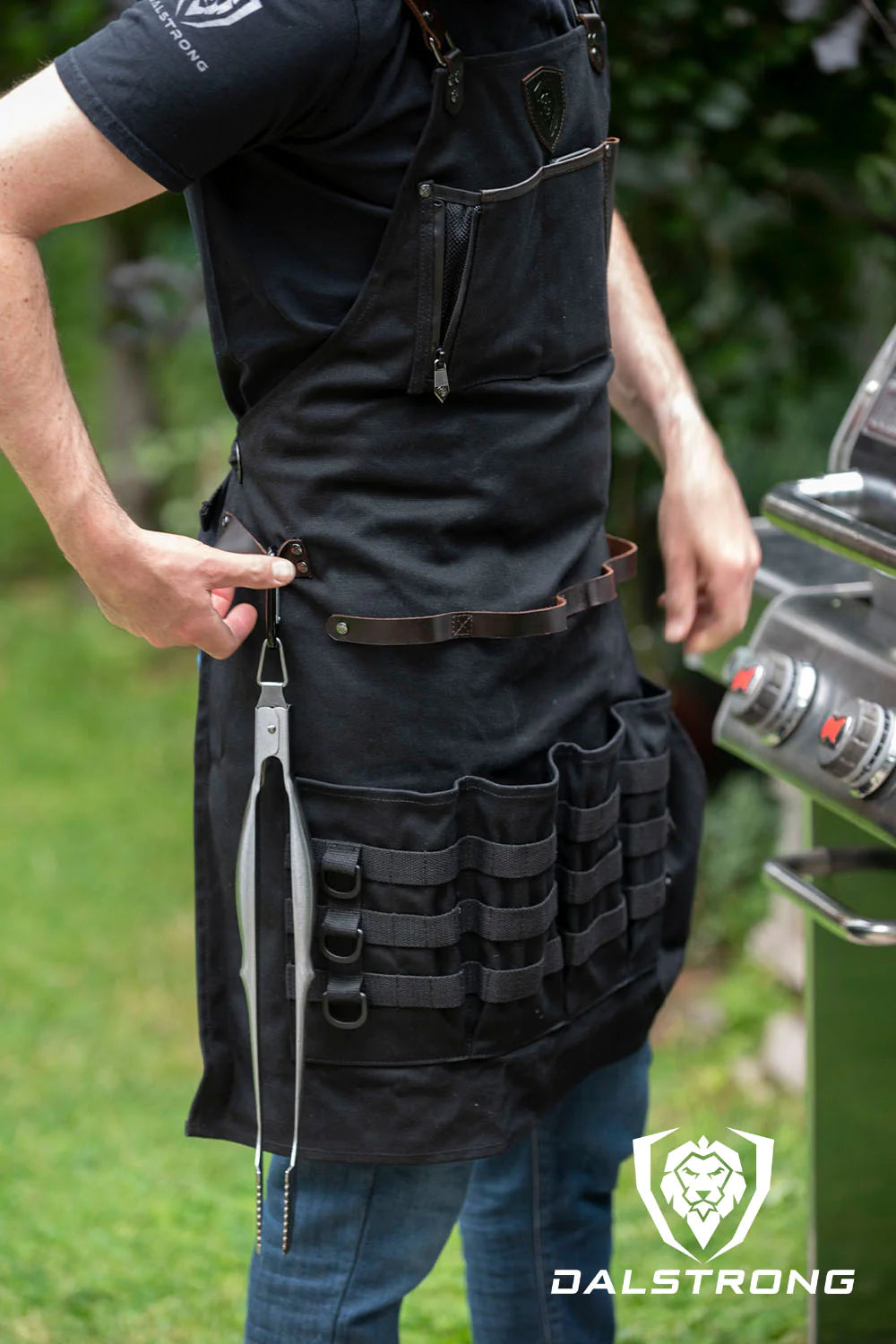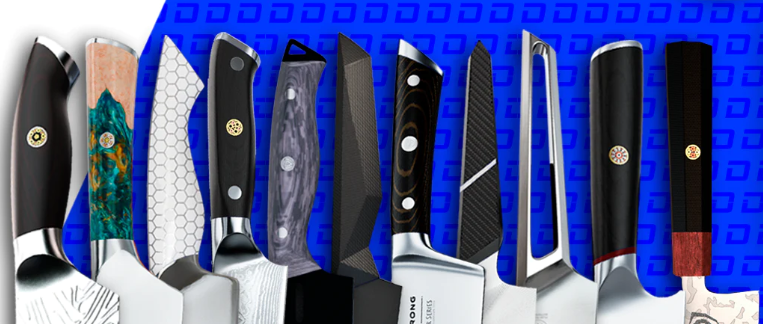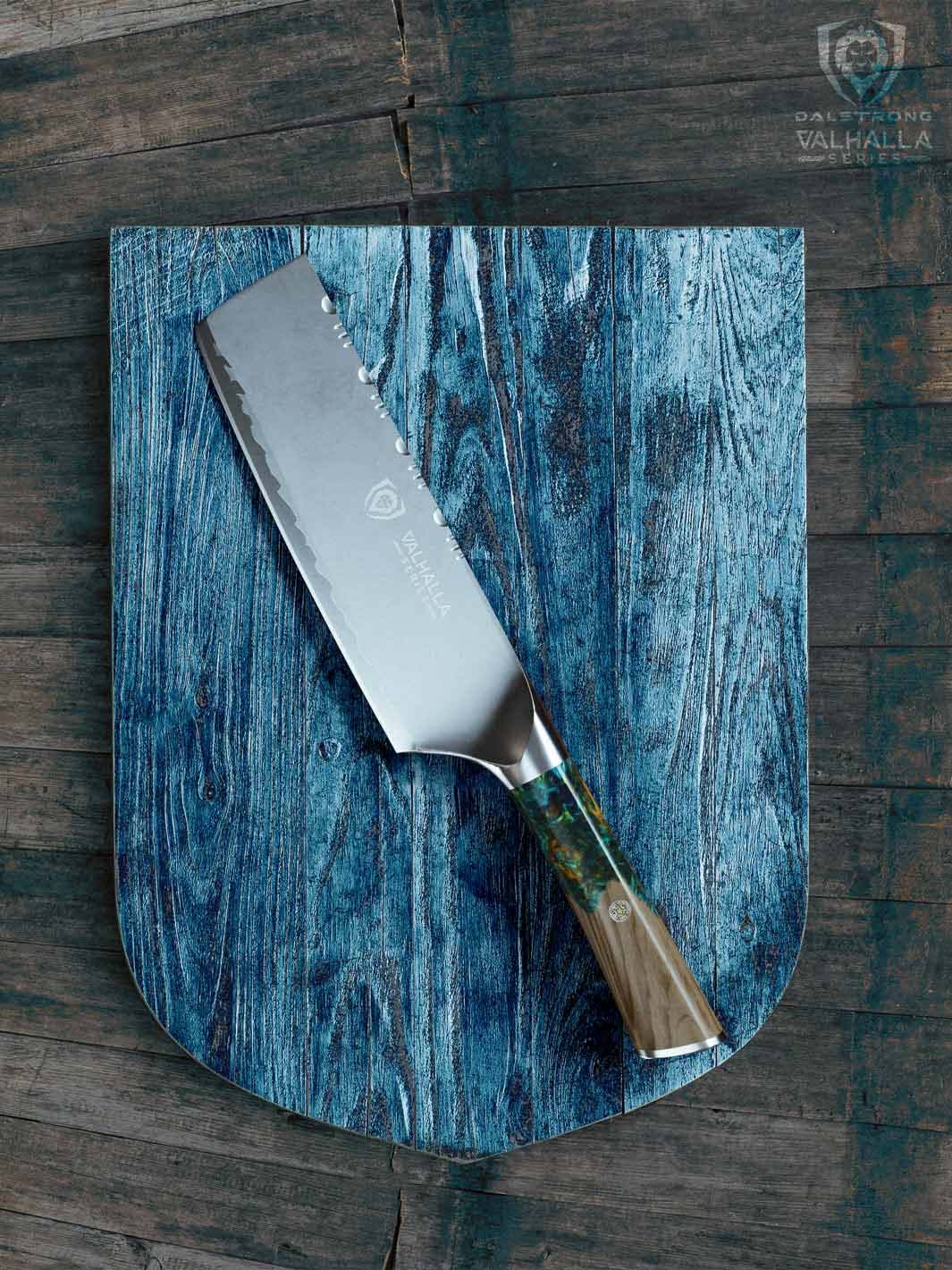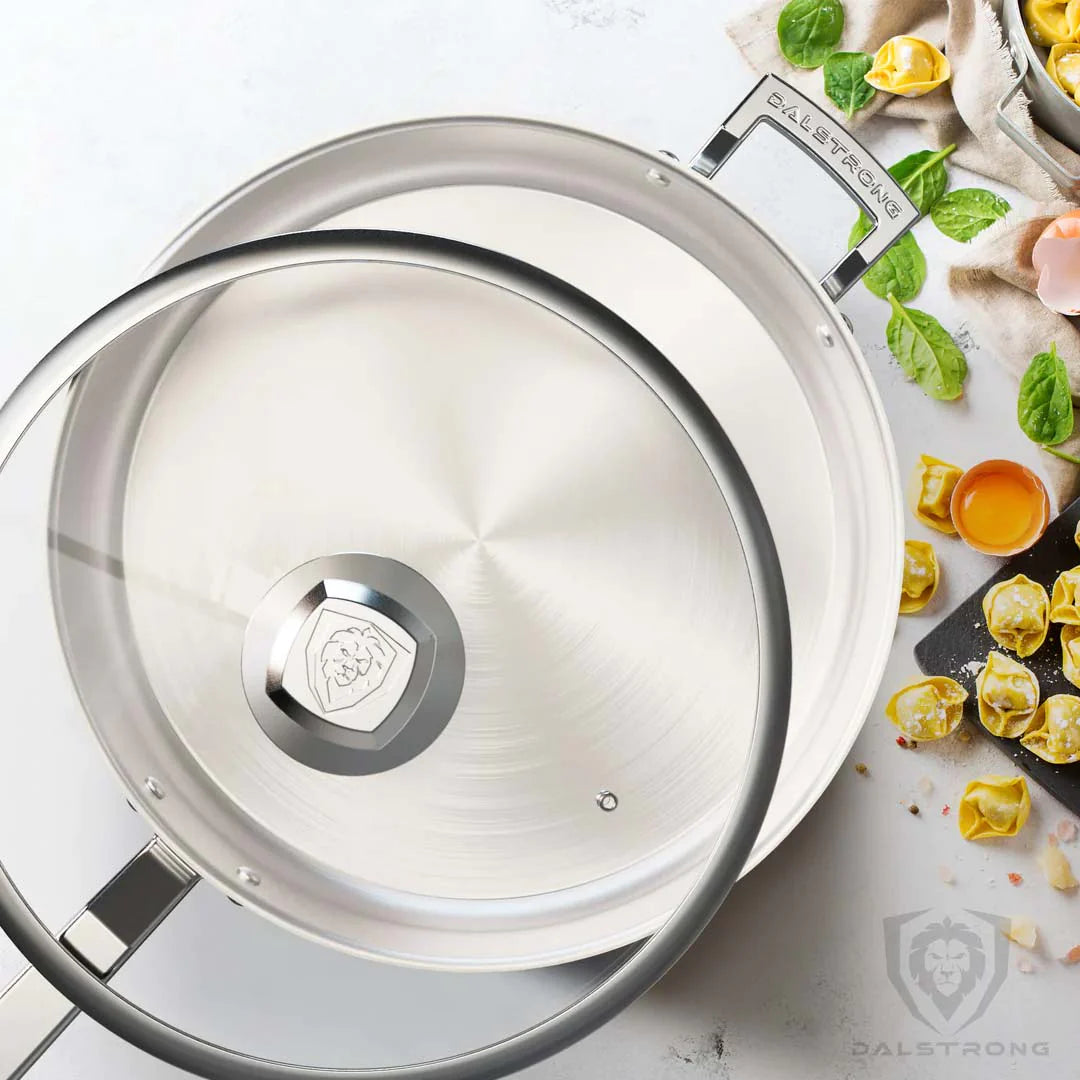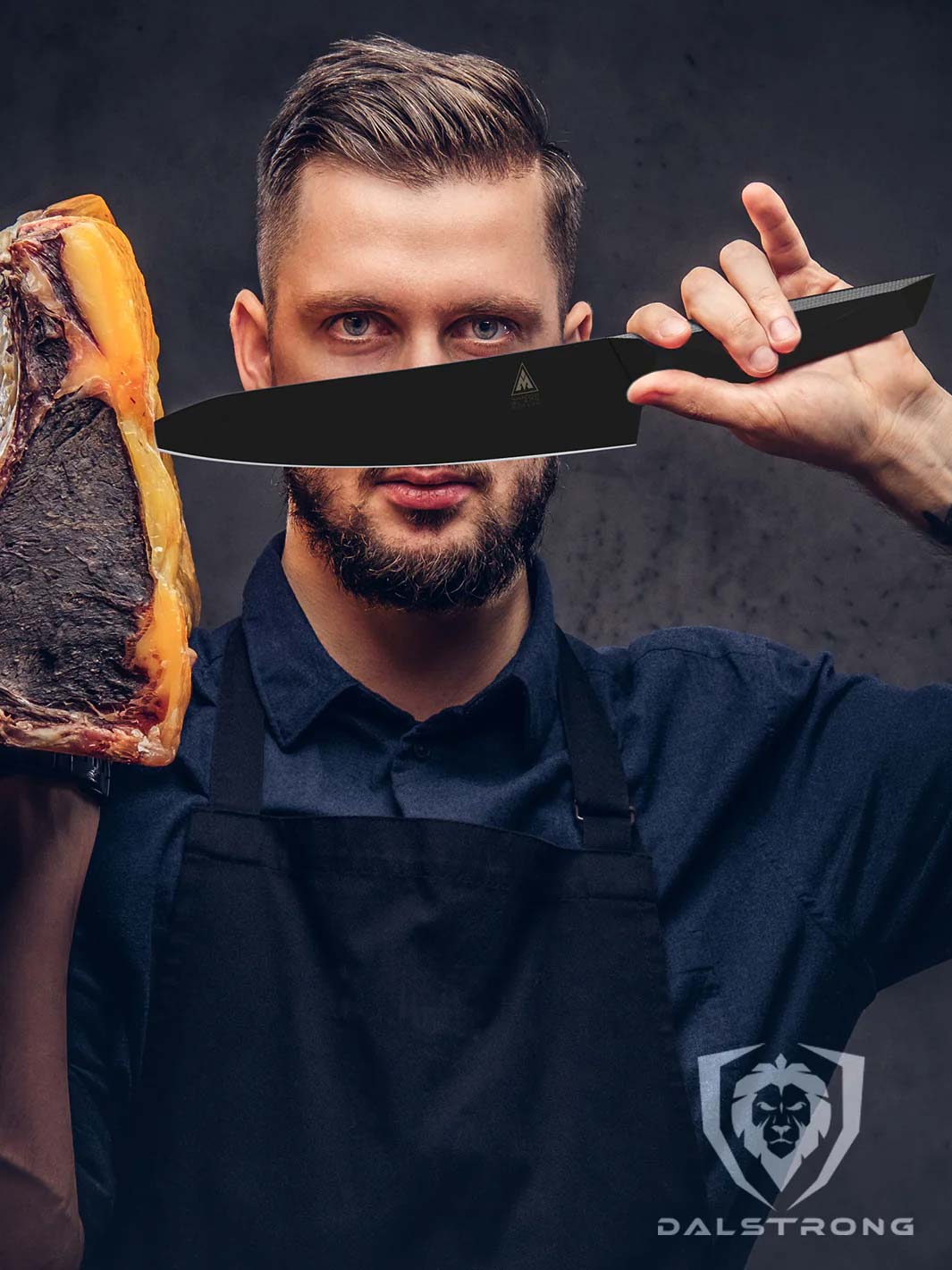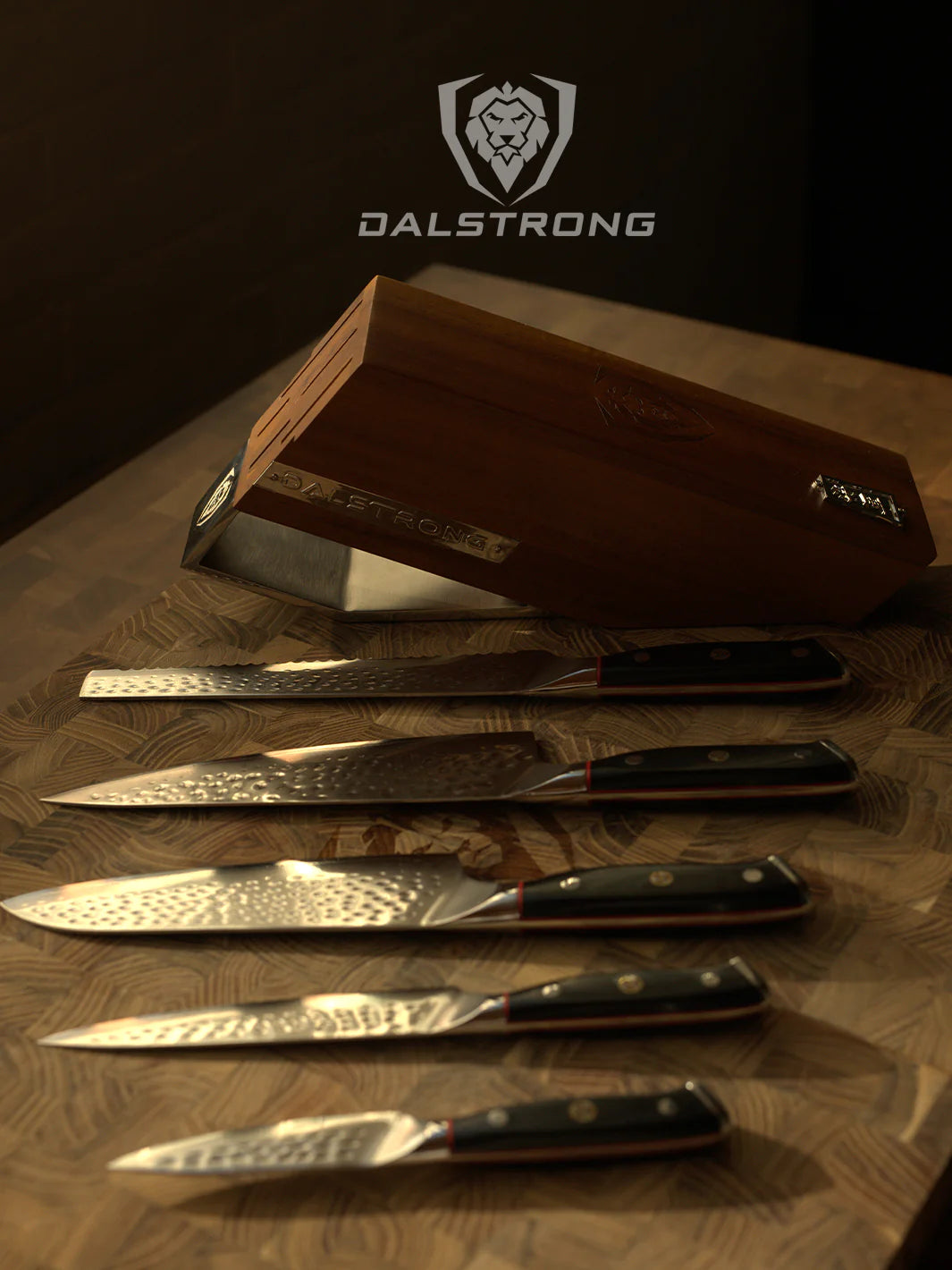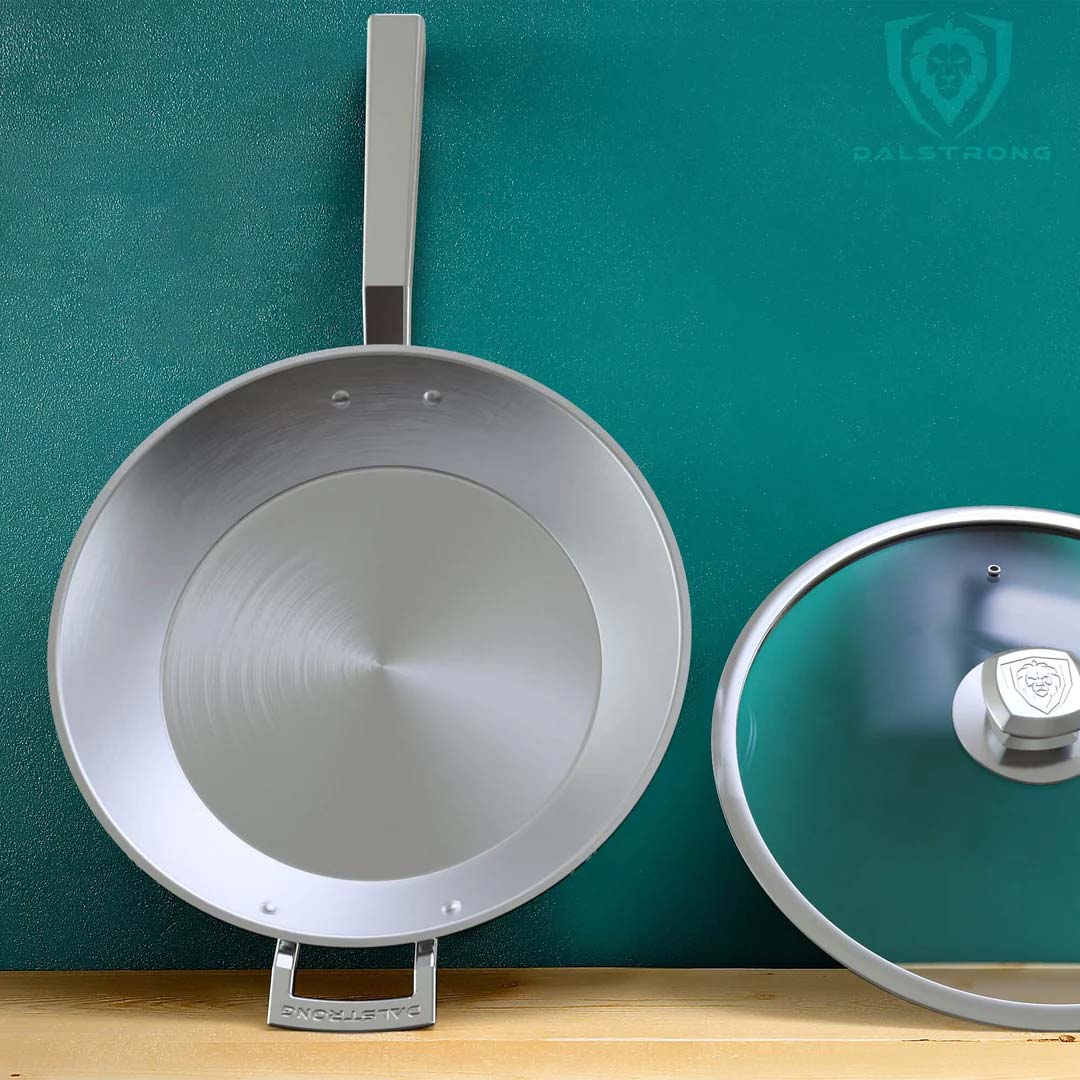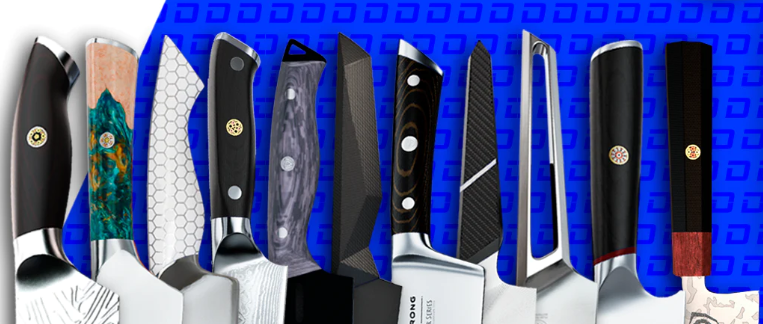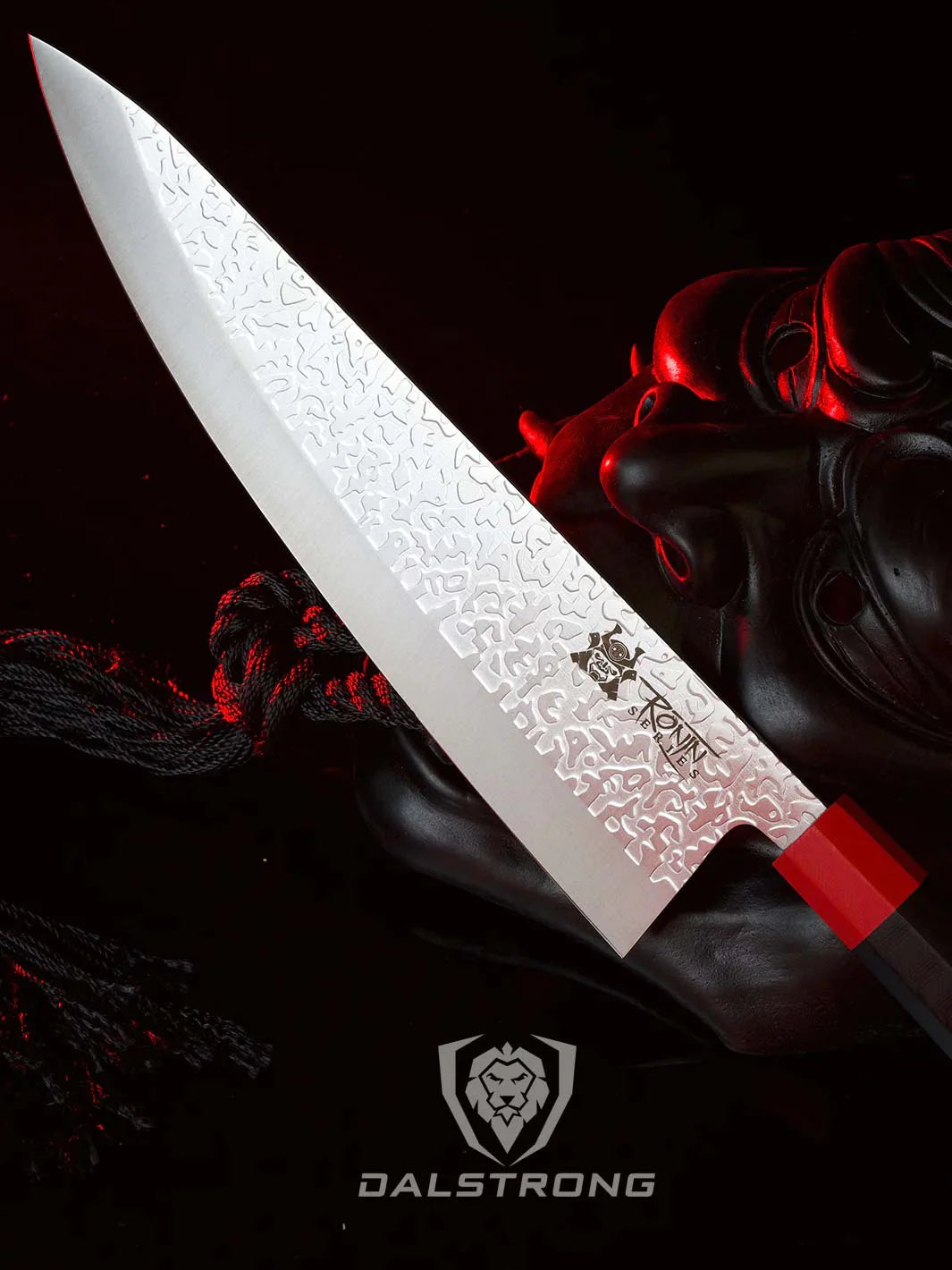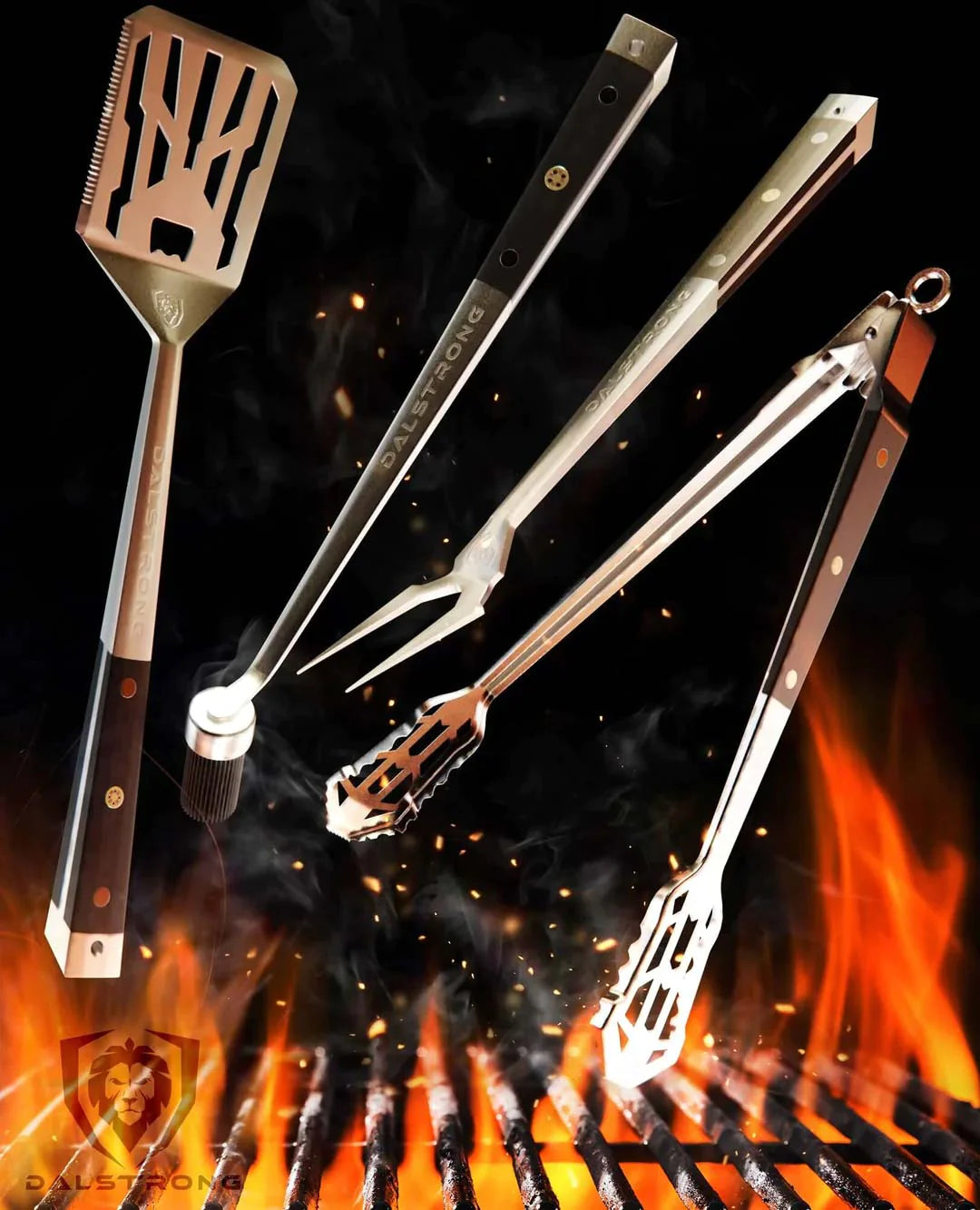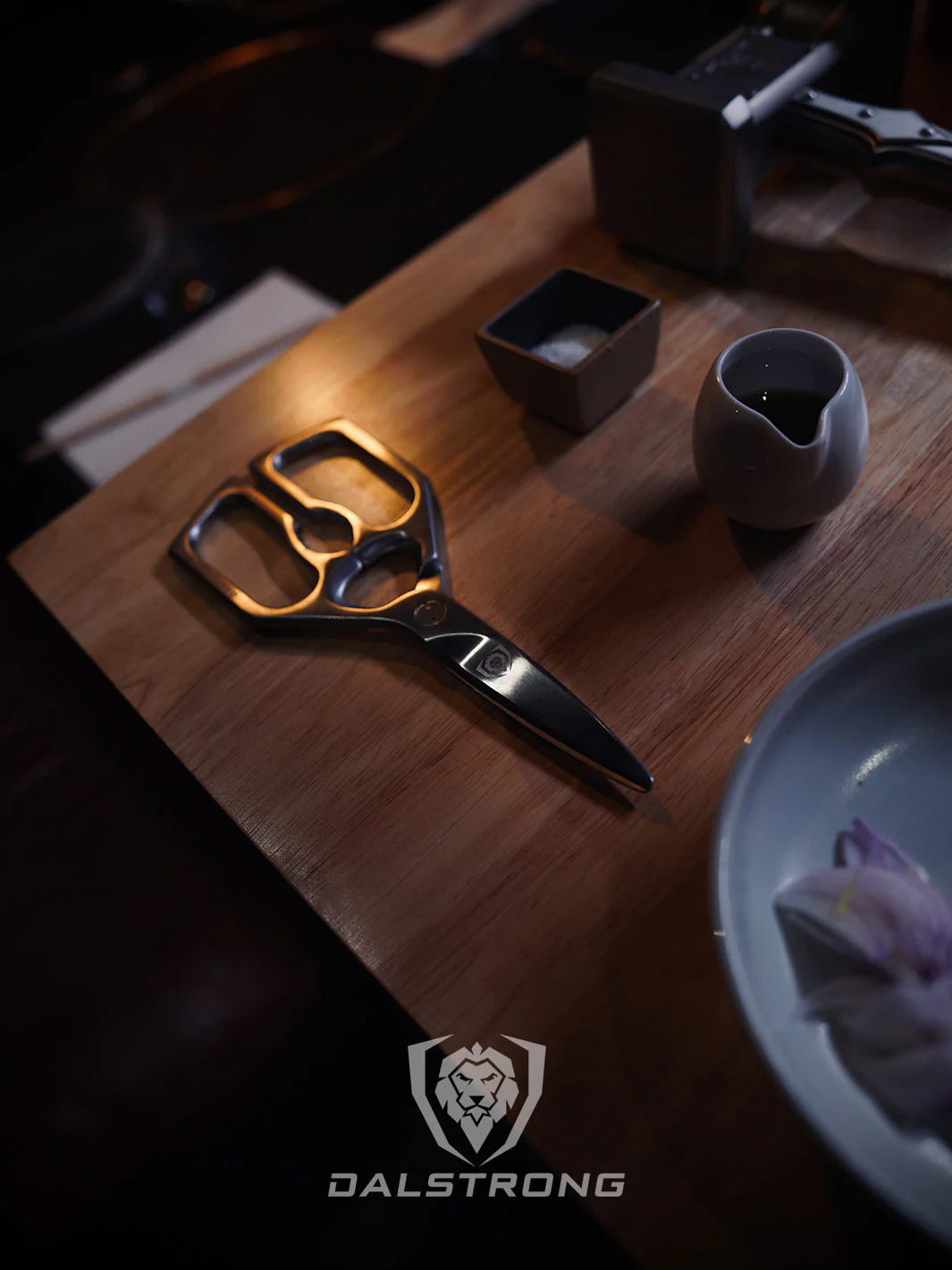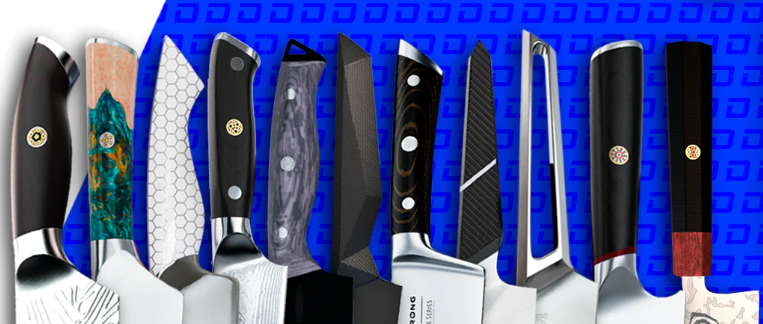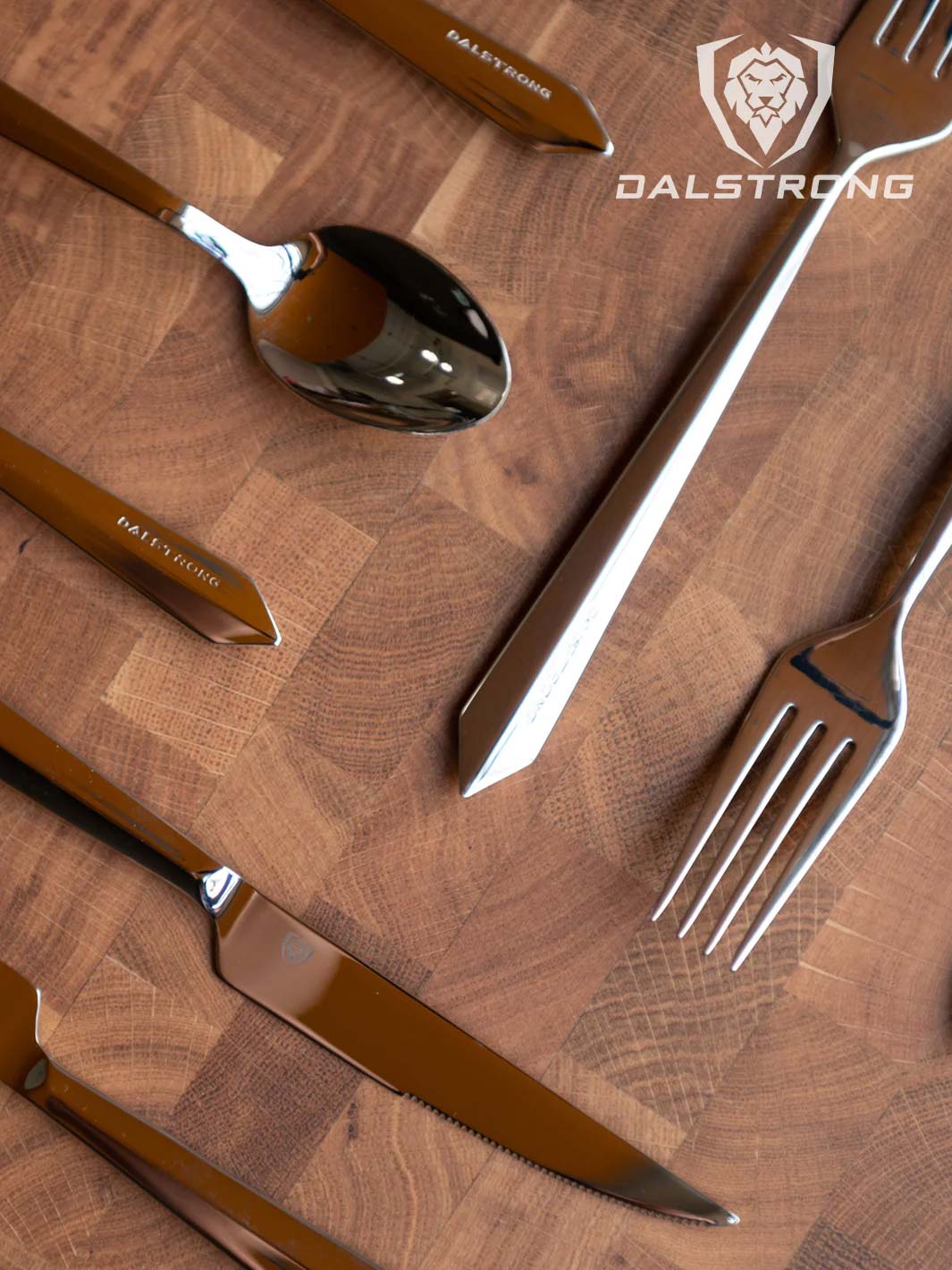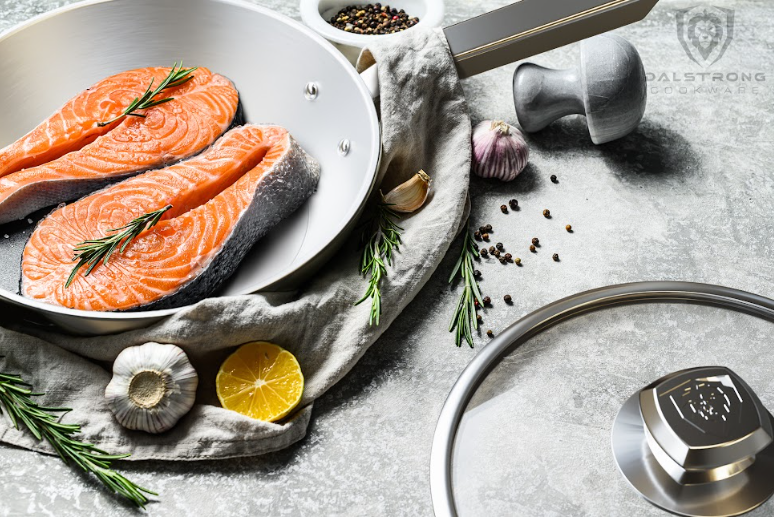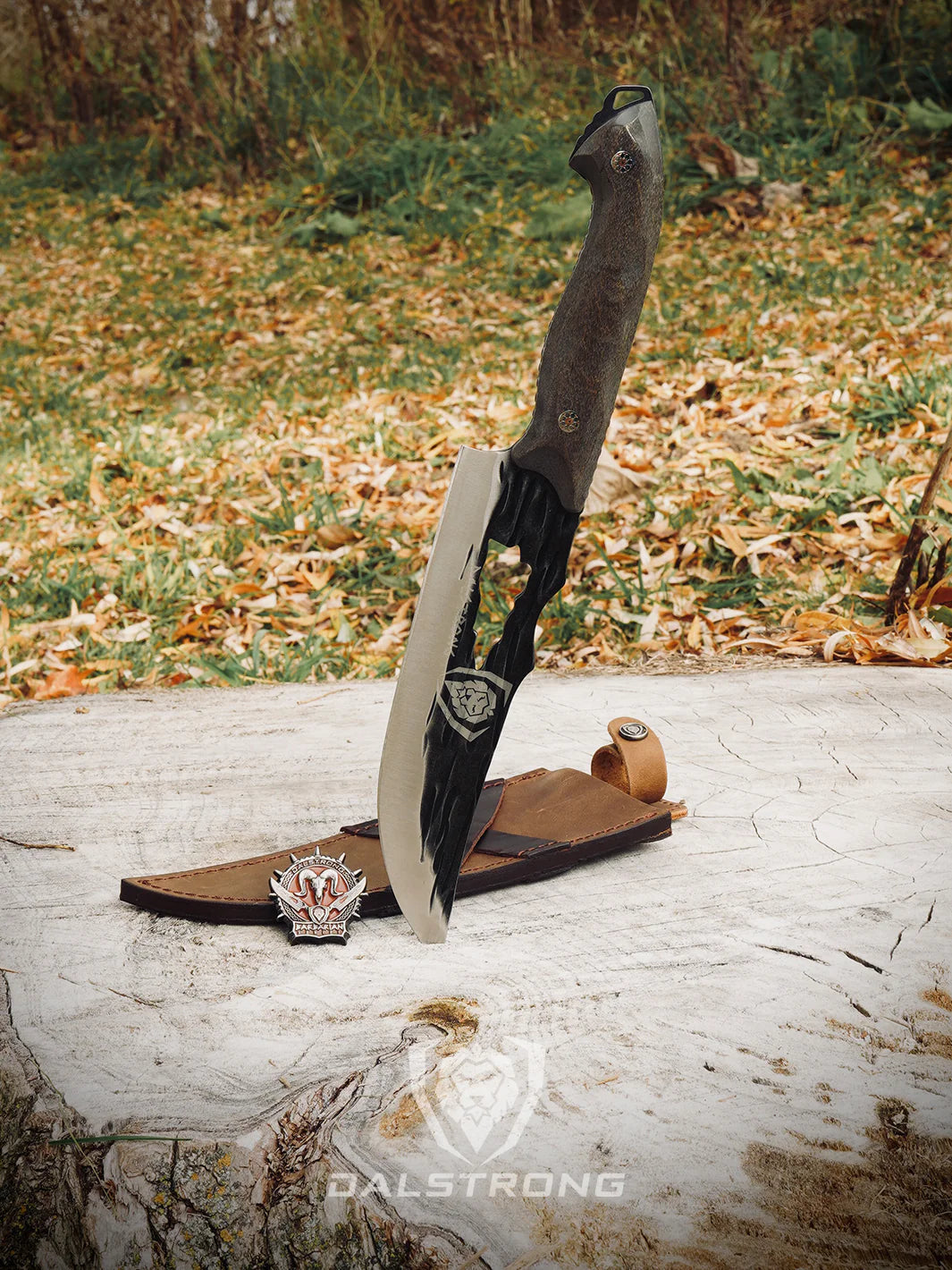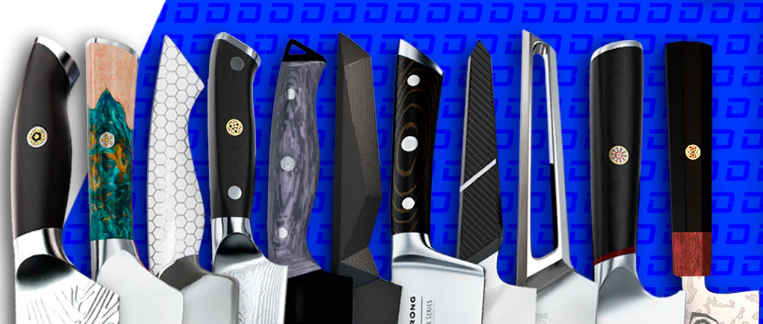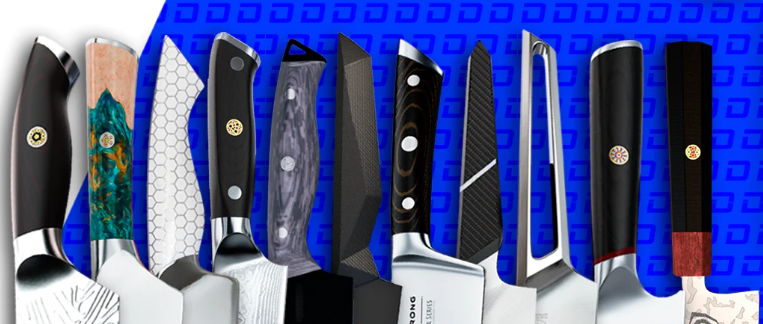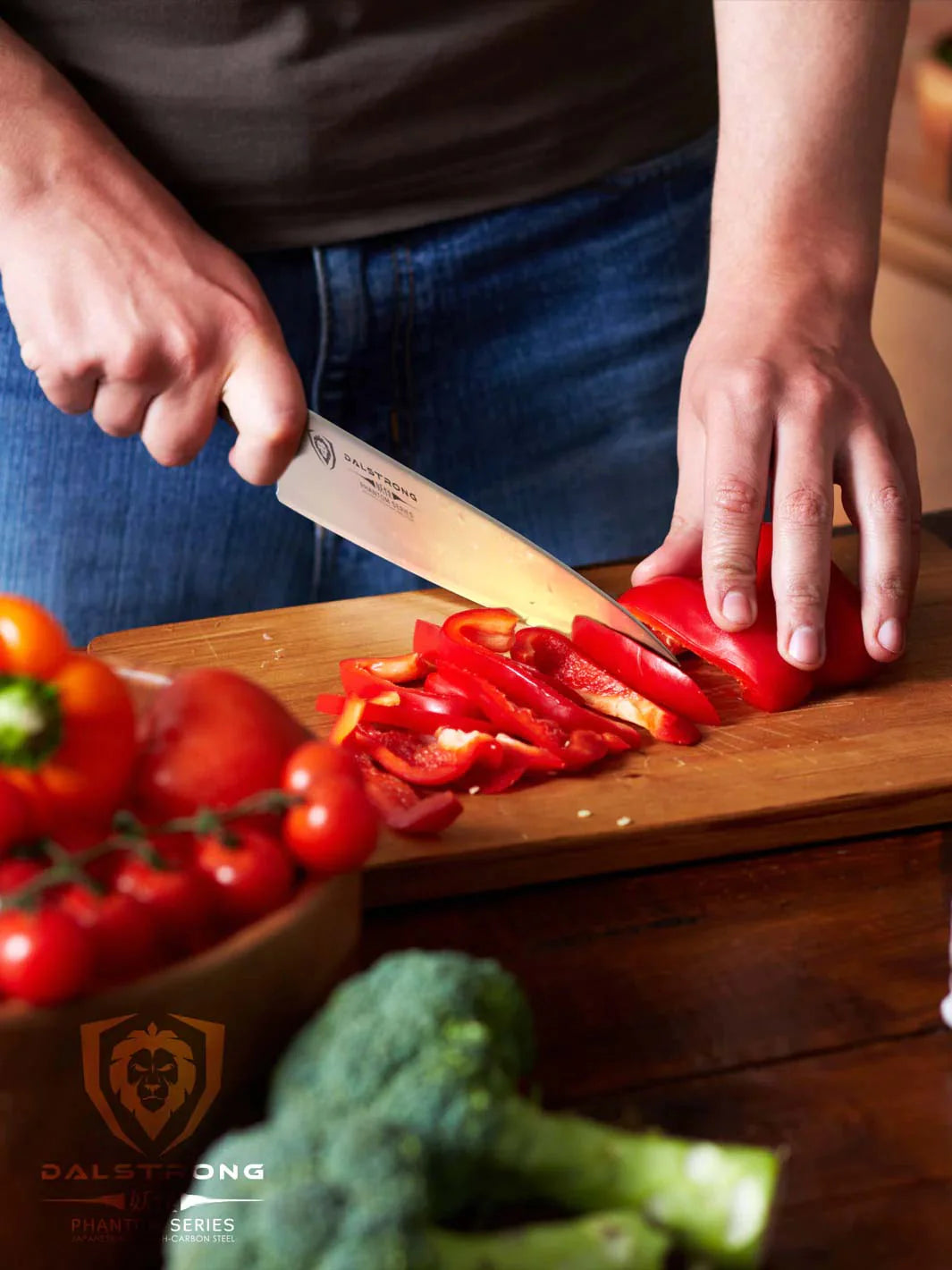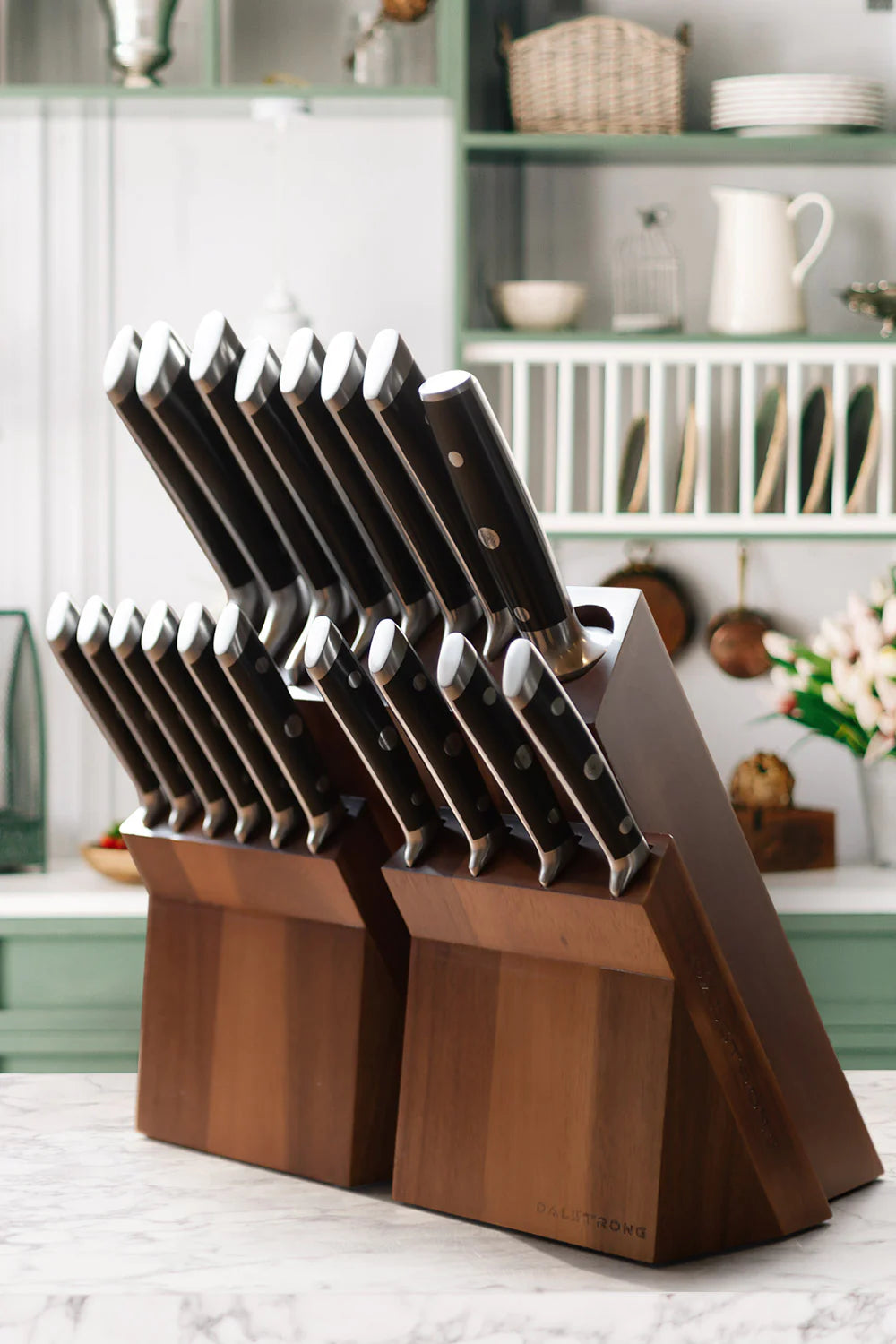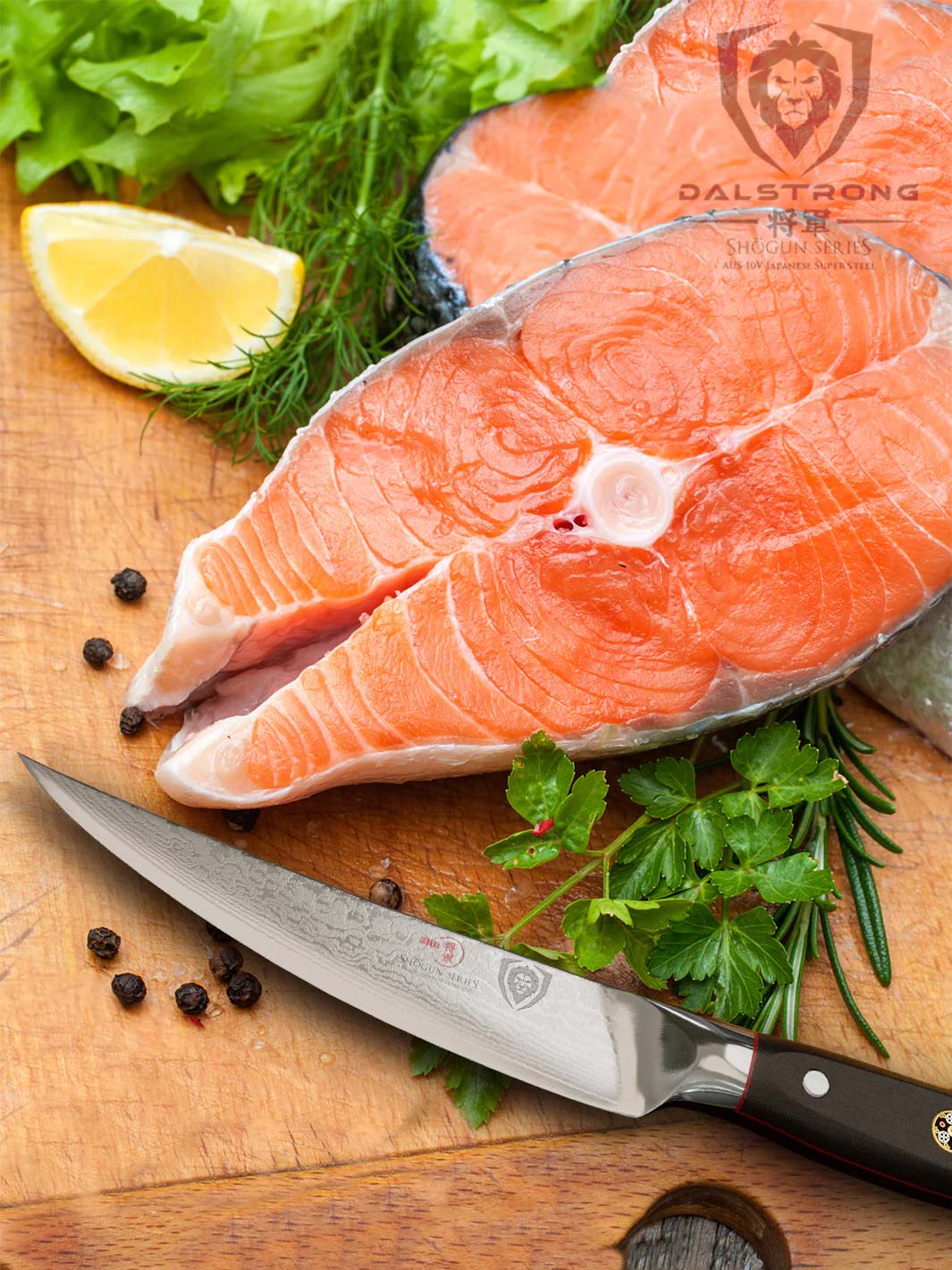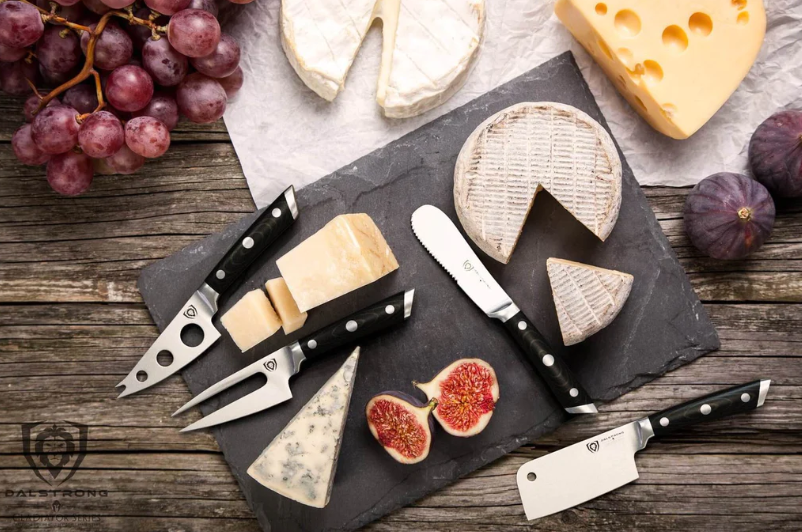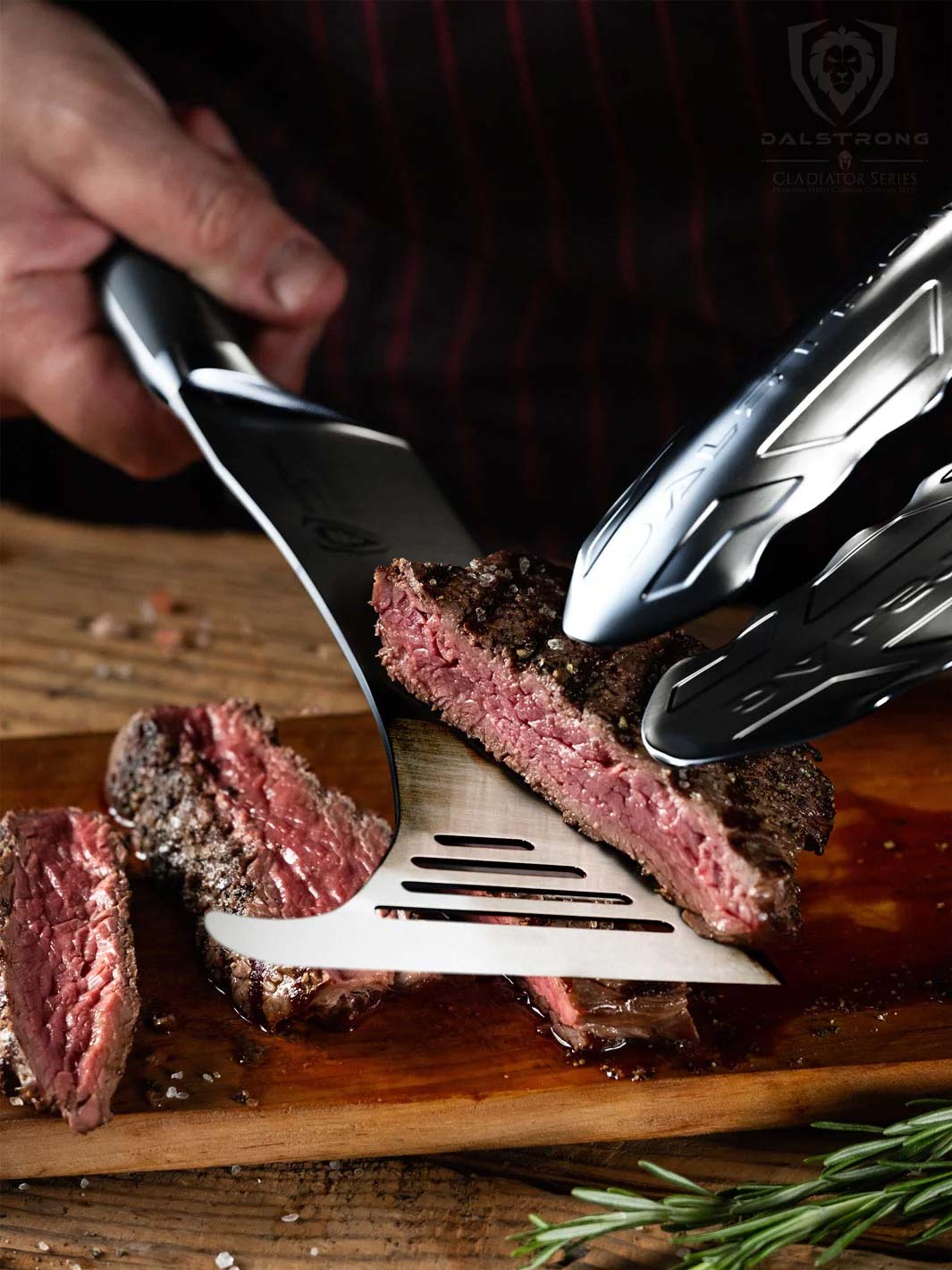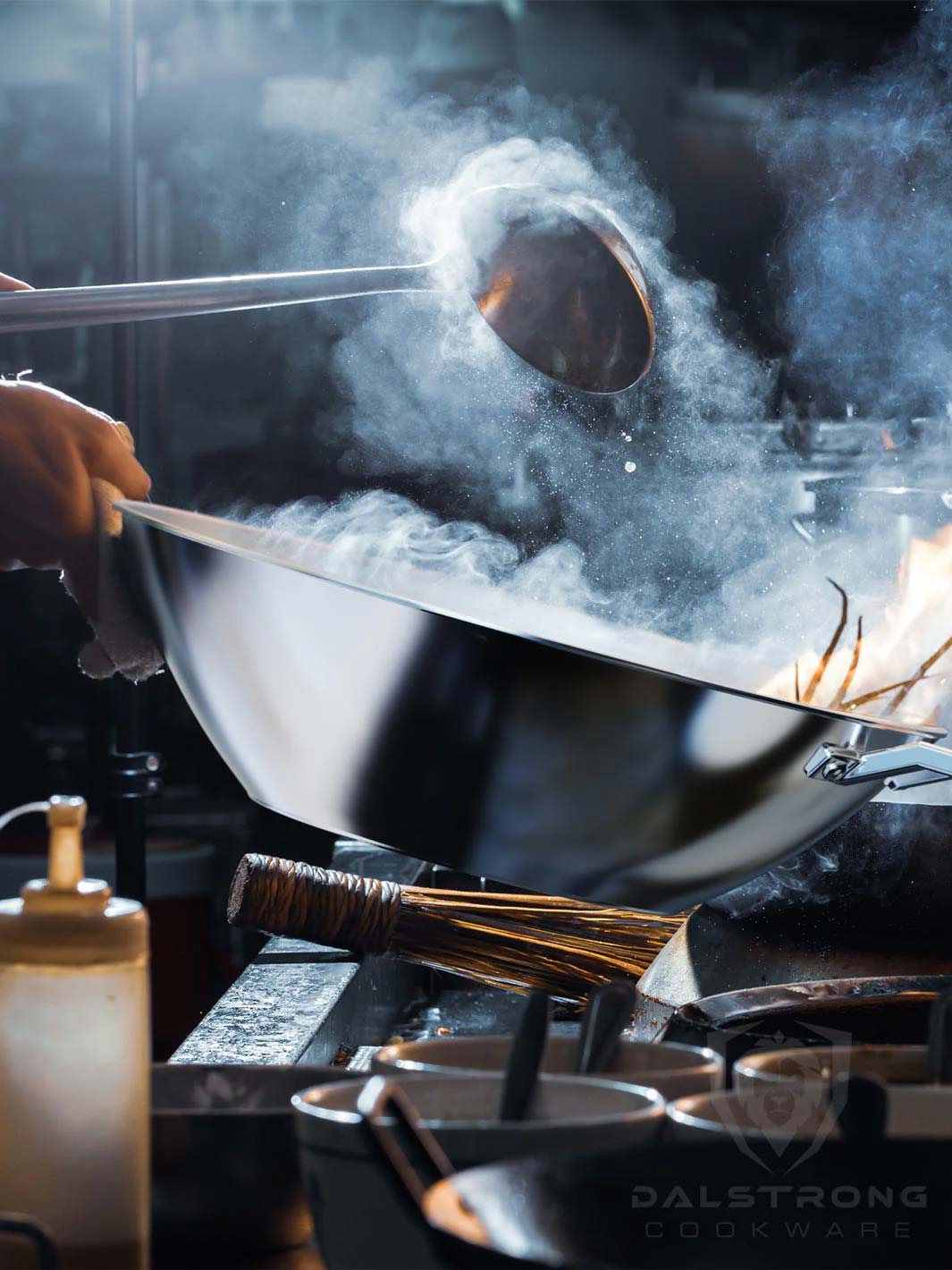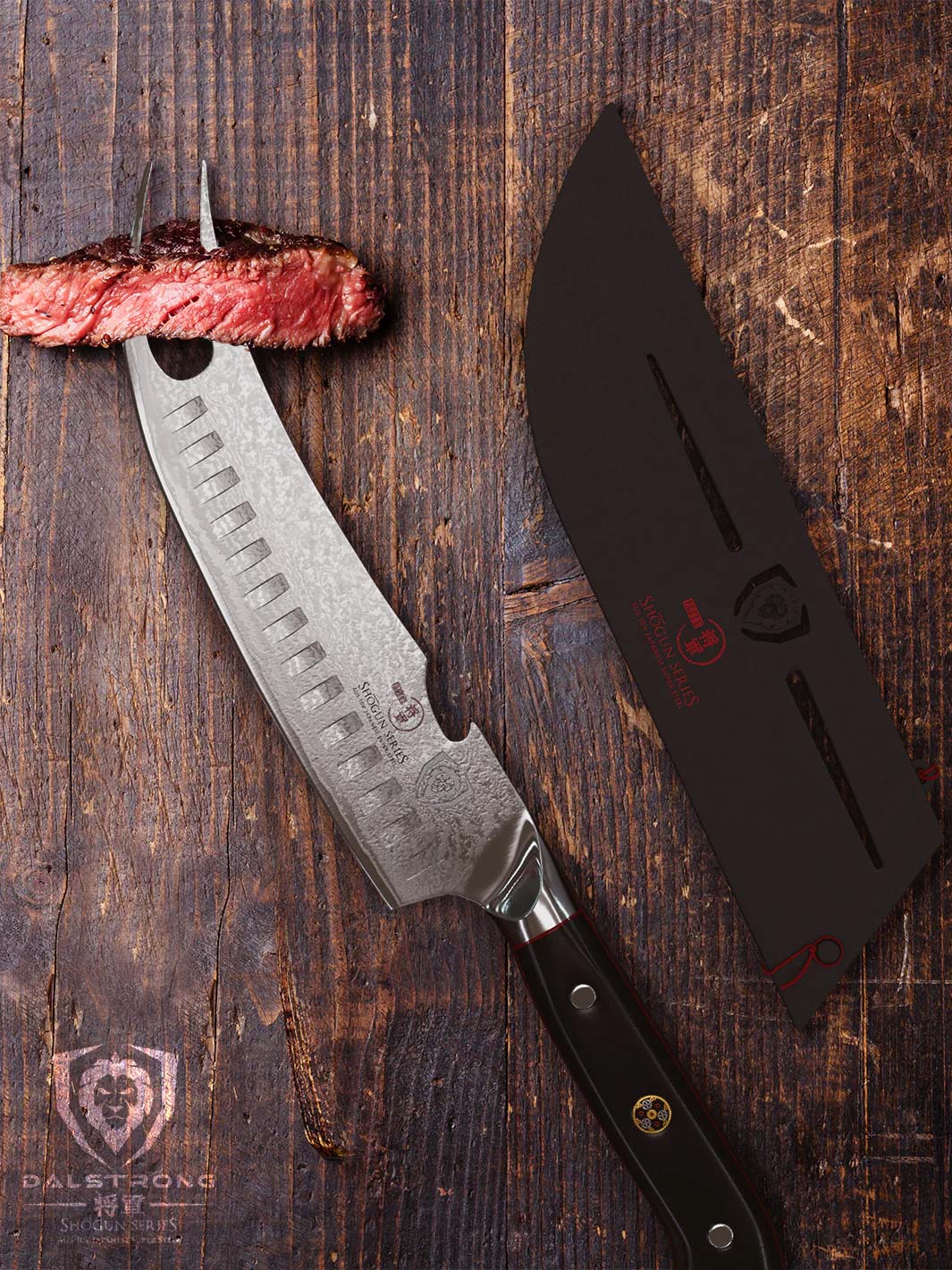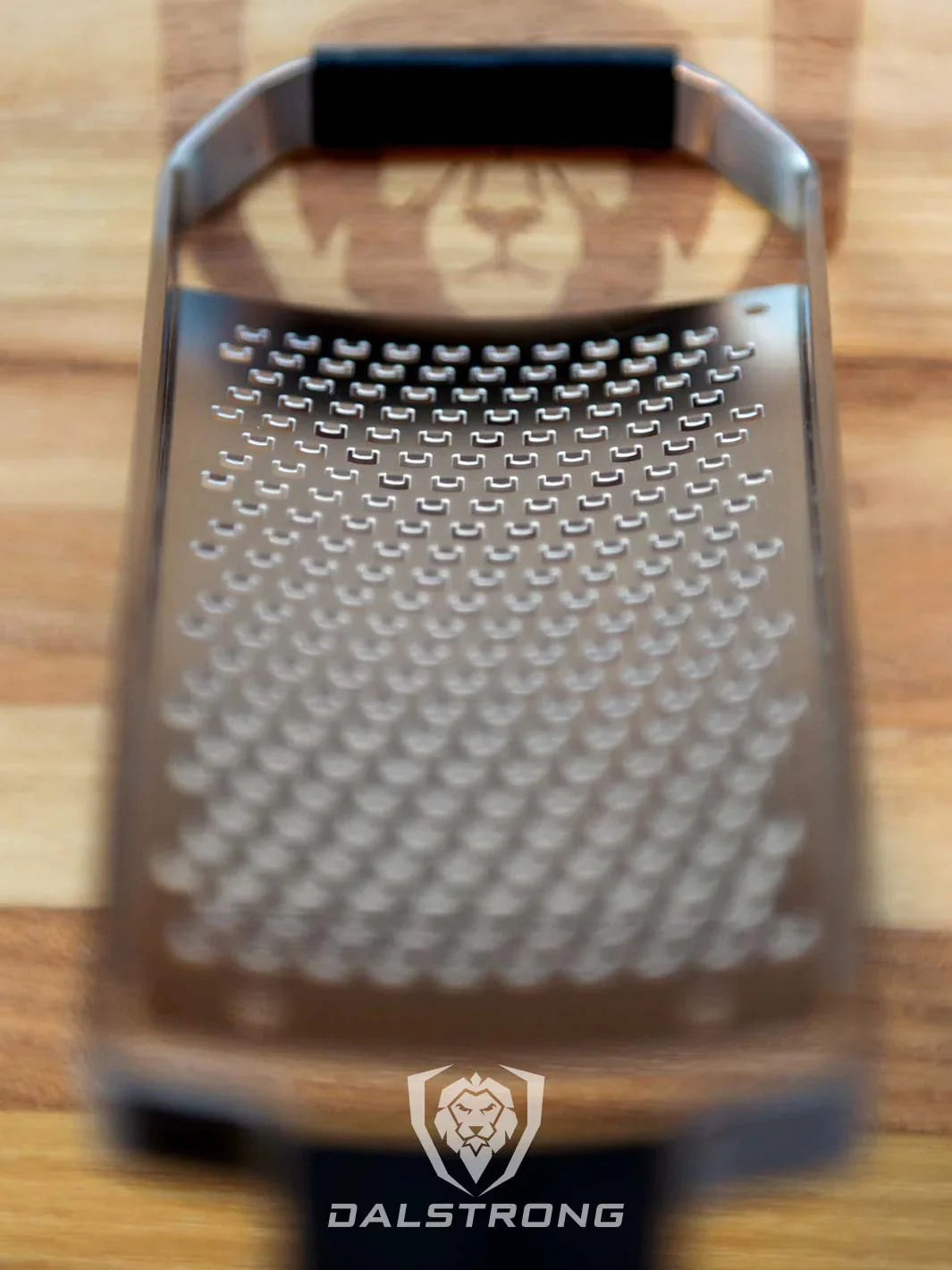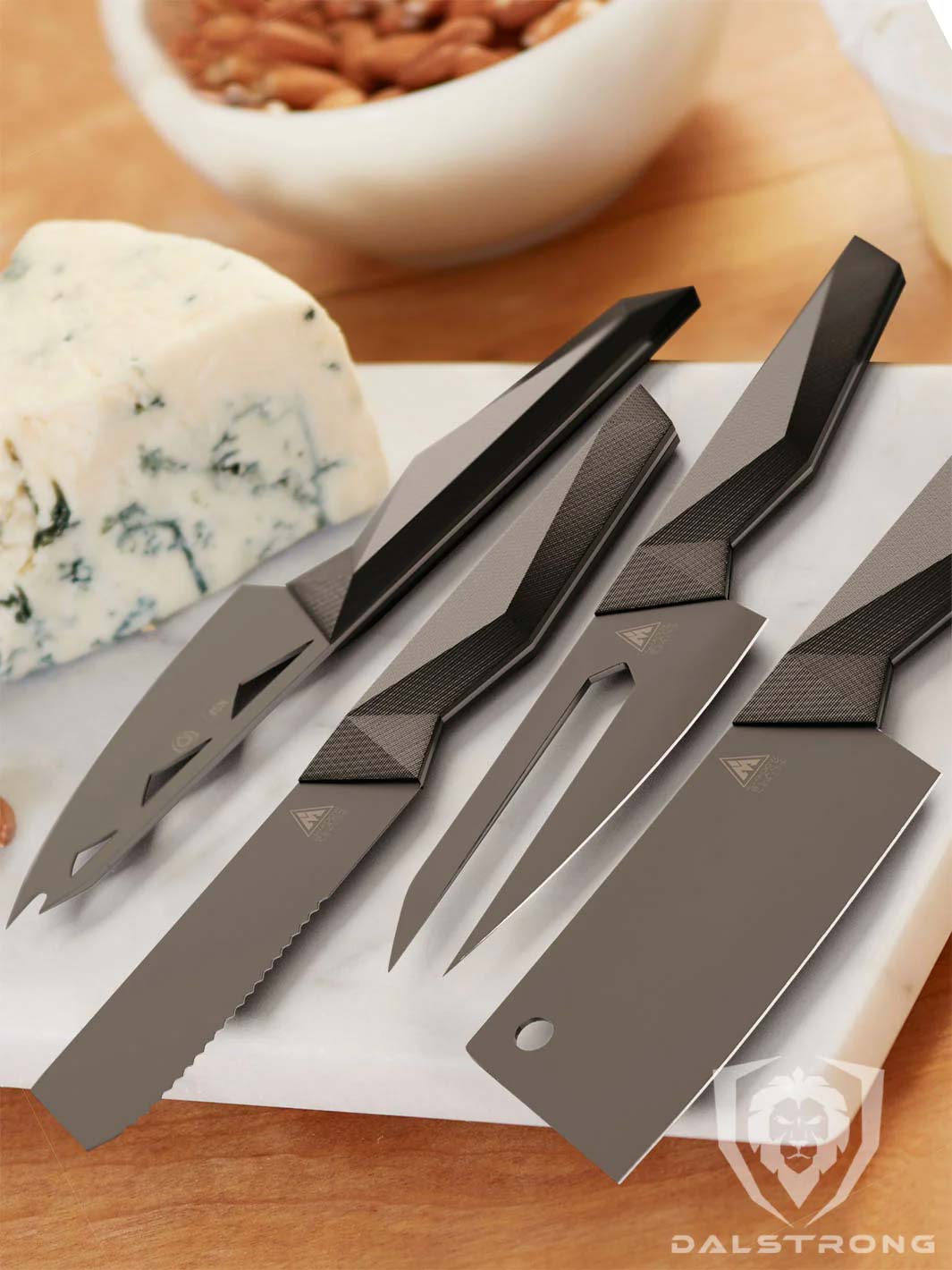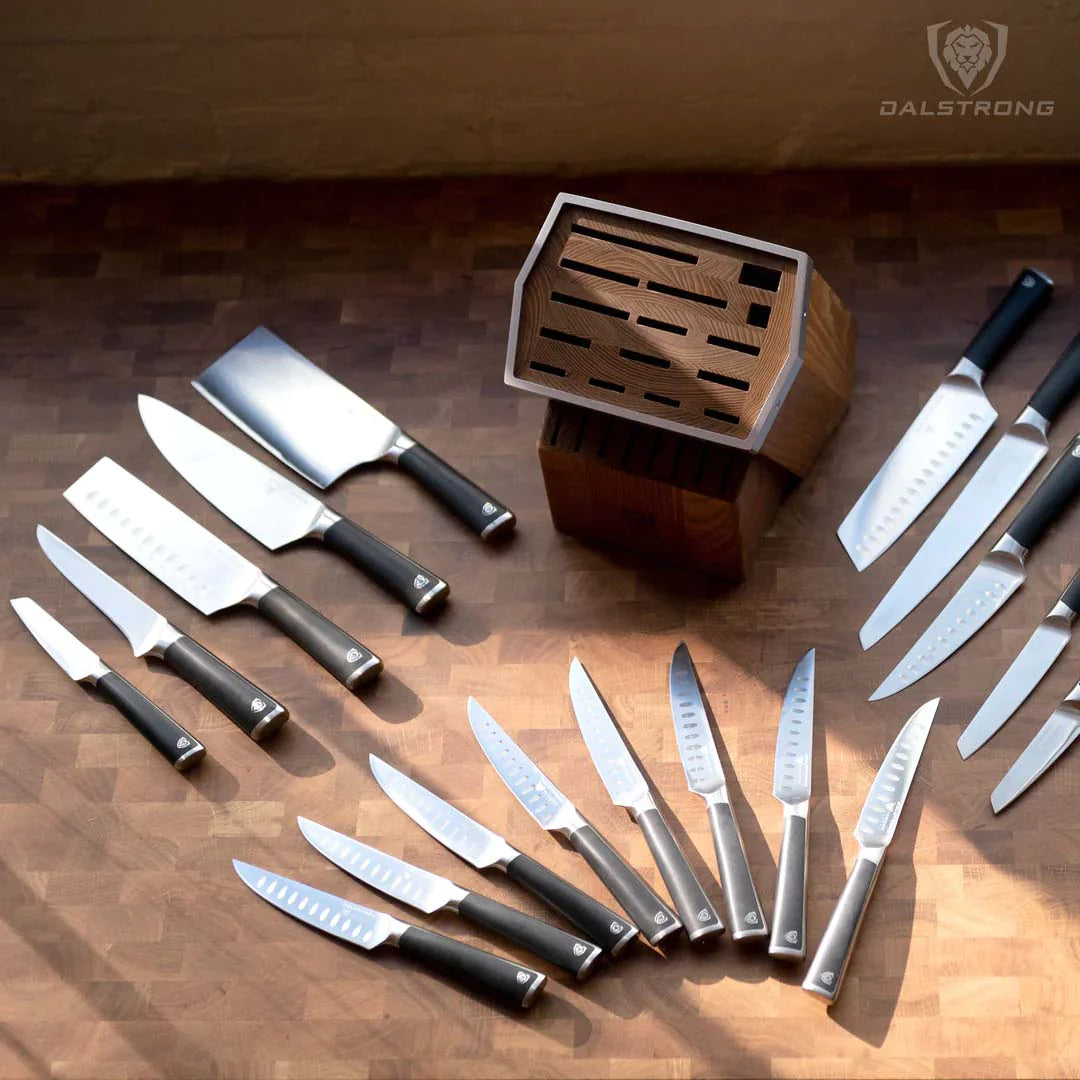Do You Really Need Kitchen Scissors?
We tend to underestimate kitchen accessories. At least, that is what happened to me with kitchen scissors, which I considered to be completely optional until I discovered their incredible versatility. Now they’re on my list of essentials, I own several pairs of kitchen shears and I use them all the time.
So yes, you probably do need kitchen scissors! Read on to learn the wonderful powers of this tool and all it can do to make your life easier.
1. What Are Kitchen Scissors?
Kitchen scissors are a cutting tool specially designed to facilitate certain tasks in the kitchen that would be much more difficult with other cutting tools, like a knife.
They are mainly used to cut meats and other foods but their applications are actually very varied (from cutting herbs to parchment paper!)
Just like regular scissors, kitchen and herb scissors feature two sharp blades joined on a central shaft, operated with a pair of handles. But, although similar in structure, kitchen scissors have unique features that make them more suitable for culinary activities:
- Kitchen scissors are made of food-safe materials such as stainless steel. This means they are safe for kitchen use and will not contaminate food with harmful substances. Stainless steel also happens to be corrosion-resistant, which is very important in the kitchen.
- They have thin, sharp blades to cut meat, poultry, fish and other raw foods very efficiently (like raw chicken). Their design is meant to avoid unwanted tearing or crushing.
- They usually have an ergonomic handle to provide a comfortable and firm grip for avoiding accidents during use.
- Some kitchen scissors have extra features, such as a serrated blade (ideal for cutting bones) or a groove in one of the blades.
- The blades can be detachable to allow for easy cleaning and fast drying. Scissors with detachable blades are less likely to rust.
2. Kitchen Scissors Or Kitchen Shears?
The terms "kitchen shears" and "kitchen scissors" are often used interchangeably, but there is a small difference between the two.
Kitchen shears are sturdy, heavy-duty kitchen scissors, designed for slightly heavier tasks, such as cutting meats and bones or opening cans.
Kitchen scissors are lighter and more versatile, ideal for precise and detailed cuts, as well as for lighter tasks such as cutting fresh herbs, wrapping paper or paper towels, and opening bags of food, among others.
In any case, both kitchen shears and kitchen scissors can make certain tasks easier and safer in the kitchen, minimizing the risk of accidents. The use of a knife in these cases (especially if it is not the right one) could require additional effort, be less precise and not have enough strength to cut.
3. Why Do You Need Kitchen Scissors?
Conventional scissors are not meant to be used in the kitchen. These are some specific applications for kitchen scissors:
- Cutting meat: Kitchen scissors are ideal for removing excess fat, separating meat from bones or cutting meat into smaller portions.
- Cleaning and cutting up fish and seafood.
- Cutting up chicken. As with meat, kitchen scissors are great when we want to cut up a whole chicken, especially to remove the central bone, remove the skin or separate the parts, faster and safer than with a knife.
- Cutting fresh herbs and spices. Scissors provide clean cuts on herbs and leafy vegetables without crushing. You can use cutting boards or even cut the herbs and spices directly on the dish or bowl.
- Chop large leafy vegetables, such as spinach or chard. They are also useful for chopping broccoli and cutting chilies, peppers or onions into small, uniform pieces, and for cutting the thicker, more fibrous parts of vegetables.
- Cutting homemade dough and pasta. If you need to make cuts in pizza dough, bread or pastries, kitchen shears can be an excellent choice.
- Prepare food for small children. You can cut everything from pasta to waffles into kid-friendly pieces.
- Cut out parchment paper or waxed paper. Instead of using a knife or tearing it with your hands, kitchen shears make it easy to trim these types of paper.
- Open packaging. Use your kitchen scissors to cut paper, open snack bags, food wrapping paper, clamshell packaging, and more. No accidental breakage or spills and easy access to the contents.
- Crack nuts and shells.The metal teeth of kitchen shears work well for cracking nuts.
- Opening bottles. Some kitchen scissors include a bottle opener for beer, soft drinks or other beverages.
- Opening difficult lids and jars. Sometimes there are two metal jaws attached to the handle, for opening jar lids and screw caps that are stuck on.
4. Types Of Kitchen Scissors
 Professional Kitchen Scissors 420J2 Japanese Stainless Steel Dalstrong
Professional Kitchen Scissors 420J2 Japanese Stainless Steel Dalstrong
There are several types of kitchen scissors on the market, each one specifically designed for certain tasks:
Standard kitchen scissors
The classic model. They are useful for cutting herbs, spices, twig vegetables and other small foods. They can also be used for opening sealed food containers or cutting paper towels.
Herbs scissors
These come with multiple parallel blades for cutting and chopping fresh herbs quickly and evenly, without bruising them. With these scissors, you can cut herbs directly on top of the dressing or sauce preparation, retaining their full aroma and flavor.
Poultry scissors (or poultry shears)
Specially designed for cutting poultry, such as chicken and turkey. Poultry shears have long, heavy-duty blades that slide through bones and cartilage, facilitating the process. They can also be used for other cutting and carving needs.
Seafood shears or seafood scissors
Designed to split, cut and peel seafood. Tasks such as deveining lobsters or cracking crab shells are very easy to do with the right seafood shears (or seafood scissors, whatever you want to call them!)
Pizza scissors
These have a curved blade to easily cut and divide pizza dough and toppings into clean portions.
Multi-purpose kitchen scissors
They have extra features like can openers, etc. bottle openers, making them a very practical tool.
5. What Do We Look For In Kitchen Scissors?
 Professional Kitchen Scissors 420J2 Japanese Stainless Steel
Professional Kitchen Scissors 420J2 Japanese Stainless Steel
With the right pair of kitchen shears, you will be able to handle any tough job and the most unusual kitchen tasks.
But before you start looking for herb scissors at Amazon, let's take a look at what aspects you should consider when choosing kitchen scissors.
Purpose
Kitchen scissors are designed to be used with food, conventional scissors are not. Make sure you use the right type of scissors in the kitchen.
Material
Look for scissors made of stainless steel. Stainless steel shears are corrosion-resistant and have a sharpe edges that will last longer. Some people prefer plastic handles as this material has non-slip properties.
Solid, well-balanced construction
See that the kitchen shears are firm, sturdy, and feel stable.
Sharp edges
Sharp kitchen scissors are more efficient and safer to use. They can make even, clean, precise cuts without applying a lot of pressure. This prevents slipping or sliding and minimizes the risk of accidental cuts.
Ergonomic design
The scissors should be designed to be comfortable for easy gripping and handling during prolonged use.
Aligned blades
If the blades are not aligned, the cut may be uneven or irregular. Make sure the blades meet cleanly when closed.
Properly sized handles
Properly sized handles to fit comfortably in the hand for greater control and strength. Ideally, non-slip handles. To secure the grip and prevent the scissors from slipping during cutting.
Opening and closing mechanism
It should be smooth and effortless.
Removable blades for easy cleaning
There are many nooks and crannies where food debris can accumulate and generate odors, bacteria, and cross-contamination. Get one where the blades come apart. If you can take the blades apart, this will certainly translate into easy cleaning.
Brand and warranty
It is best to opt for well-known brands with good user ratings and check if they have a warranty.
Nice-to-have, additional features:
- A serrated blade with a notch. For cutting bones and poultry, this helps grip poultry bones or flower stems for easy cutting.
- Extra features. Among many kitchen tips when it comes to choosing the best stainless steel shears is to check some kitchen scissors that may have additional features, such as a bottle opener, can opener, nutcracker, herb peeler, or screwdriver head.
- Secure locking. Some models feature a lock to keep the blades securely closed.
- Scissors set: If your multipurpose kitchen shears come as a part of scissors set, the possibilities become endless!
6. Recommended Dalstrong Kitchen Scissors
Professional Kitchen Scissors // Japanese Stainless Steel

High-quality scissors are the best addition to any knife sets, this is why Dalstrong has decided to compliment their excellent knife collection with this Japanese-inspired model. They are specially designed for use in the kitchen, with sharp blades and high-quality materials.
With these professional kitchen scissors you can cut a wide variety of ingredients (chicken, poultry, fish meat, herbs,vegetables…) and also perform other small (but important) tasks such as cutting kitchen paper or opening bottles. They’ll help you master your favorite cooking techniques!
PROS:
- Made of ultra sharp premium Japanese stainless steel known for its durability and high resistance to wear and corrosion.
- Ergonomic handle that allows for a firm and comfortable grip during use, even for long periods, avoiding hand fatigue.
- The grip is ambidextrous and allows for a firm hold in any task, regardless of the hand you use.
- The scissors can be disassembled and the blades come apart for easy cleaning.
- Besides the main uses mentioned in point #3, Dalstrong’s scissors can be used to cut tortillas, grape clusters, cut sausages and bacon or, prepare kale.
- Integrated nutcracker so you can have a delicious snack with no effort.
- The stainless steel brings a discreet, elegant look.
CONS:
- The price of these professional, high-quality kitchen scissors may exceed that of other options on the market that are of lower quality.
- Some cooks may prefer plastic handles for their non-slip properties. Or traditional black handles, if they’re not fans of the all-steel look.
7. How To Wash And Care For Kitchen Scissors
Like all kitchen utensils, kitchen scissors also require maintenance to ensure their service life and proper functioning.
- Hand washing is essential. Avoid the dishwasher.
- If they are detachable, separate the blades for cleaning.
- Use a cloth or soft sponge to remove any food residue. Avoid abrasive scouring pads that could scratch the blades.
- Soak them in warm water with mild detergent (just a few drops are enough) for a few minutes and gently scrub them with a soft toothbrush. Rinse with clean water.
- To prevent rusting, you should always dry them thoroughly with a clean cloth after cleaning.
- From time to time, apply a small amount of food-grade oil in the area that joins the two blades. Open and close the scissors to evenly distribute the oil.
By following these simple steps, you can keep your kitchen shears clean and in good condition for longer.
8. Frequently Asked Questions About Kitchen Scissors
Are kitchen scissors the same as regular scissors?
Similar but not the same, kitchen scissors are designed specifically for cutting food such as meat and herbs.
Can you sharpen kitchen scissors with a sharpening stone?
Yes, you can sharpen kitchen scissors with a sharpening stone (it will be easier if the blades are detachable). Actually, you can use knife sharpeners and most knife sharpening tools for scissor sharpening as well.
Do all kitchen scissors have serrated blades?
No, although they are very common. Kitchen shears with serrated microserrated blades are more efficient when cutting foods that require more forceful work, such as meat or poultry.
What are the best brands for kitchen scissors?
Some popular brands and models for kitchen scissors include the Oxo Good Grips kitchen shears, Jenaluca herb scissors, Henckels International kitchen scissors, Joyce Chen kitchen scissors and Shun multipurpose kitchen shears.
How do you clean kitchen scissors?
Hand washing is the best way to cut kitchen scissors, kitchen shears, herb cutters and kitchen tools in general.






















































































































